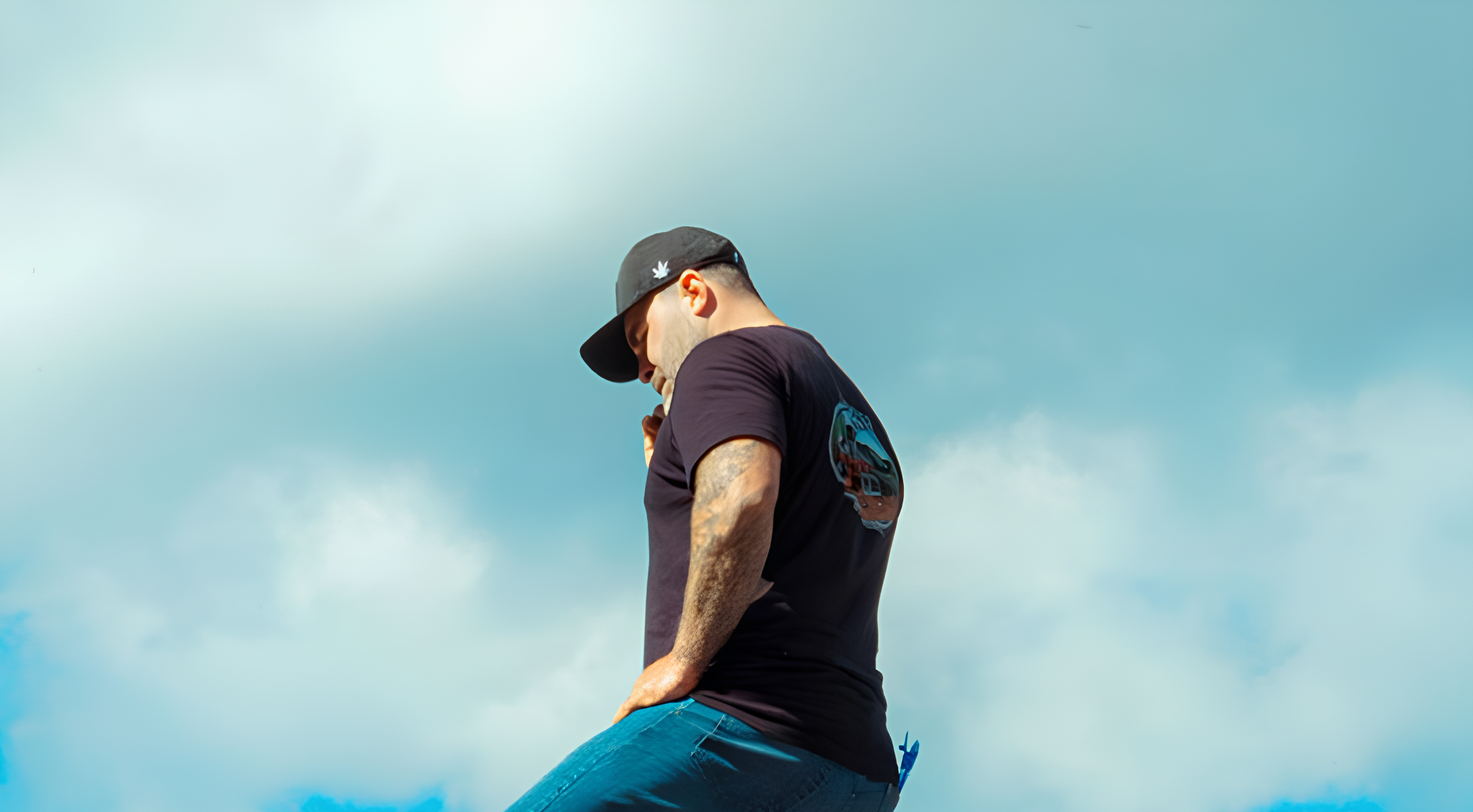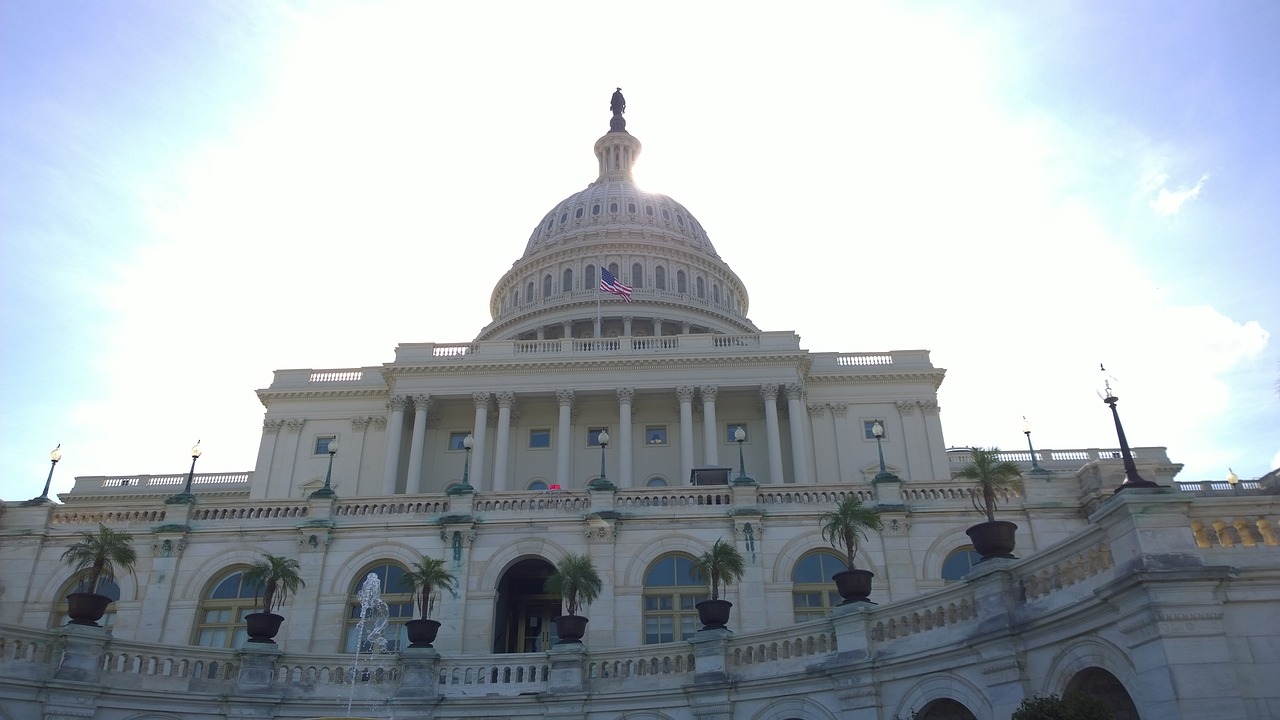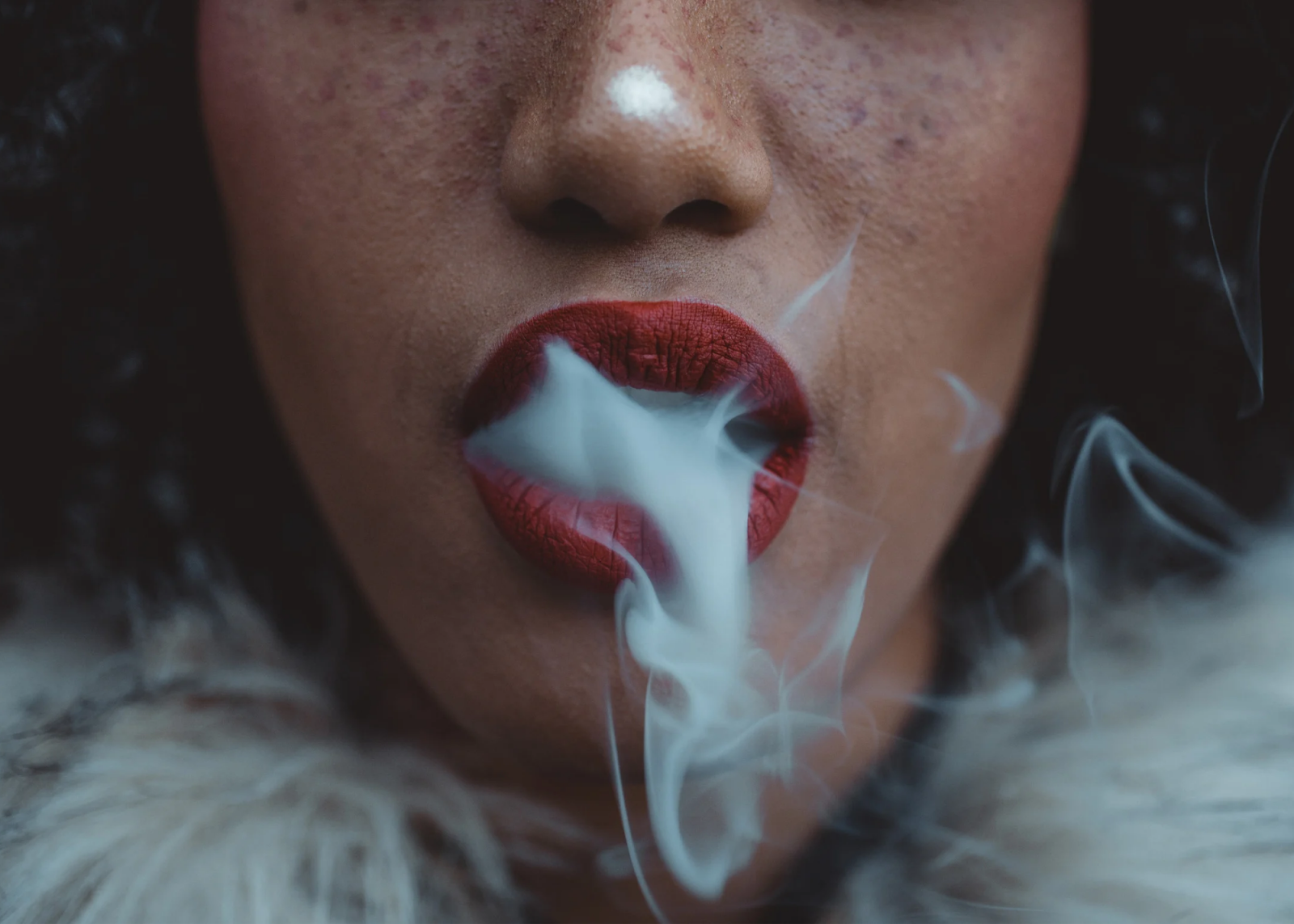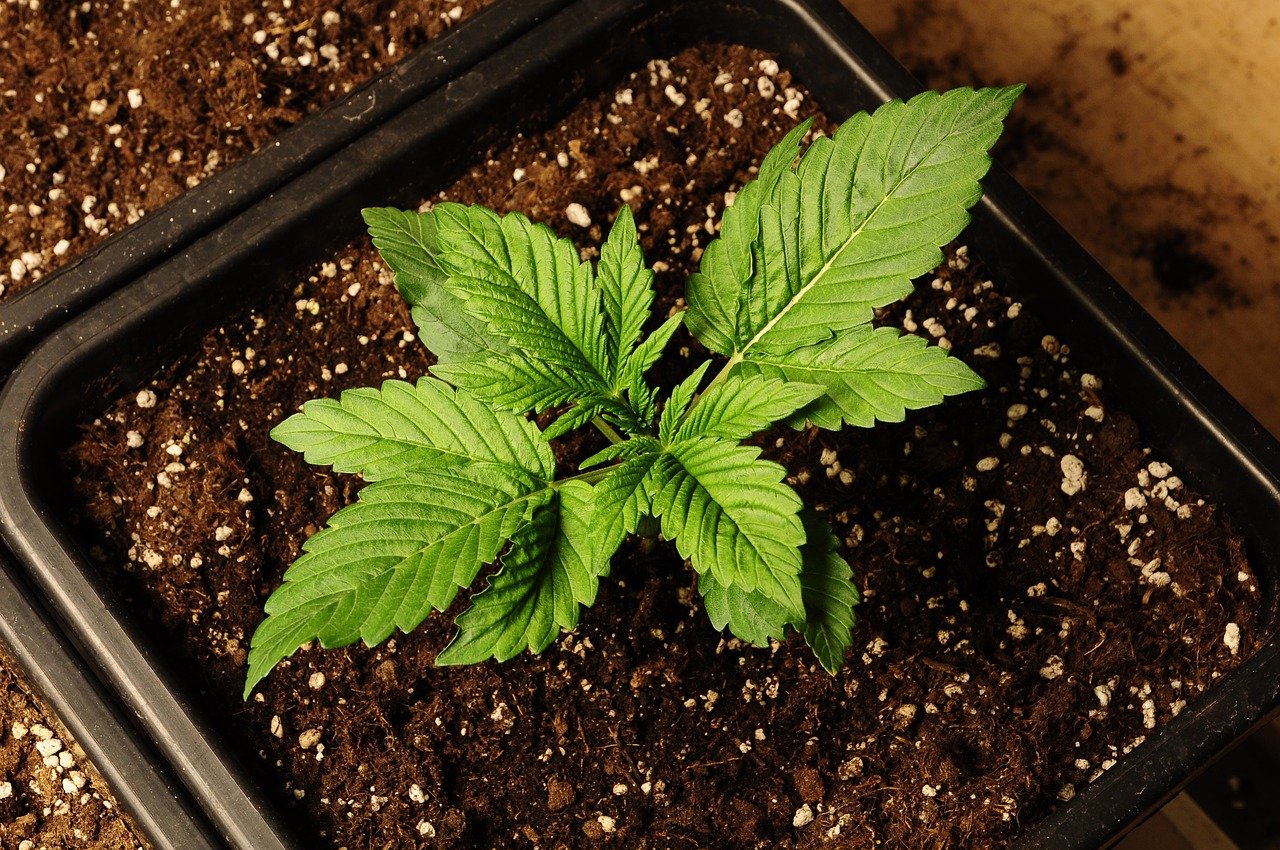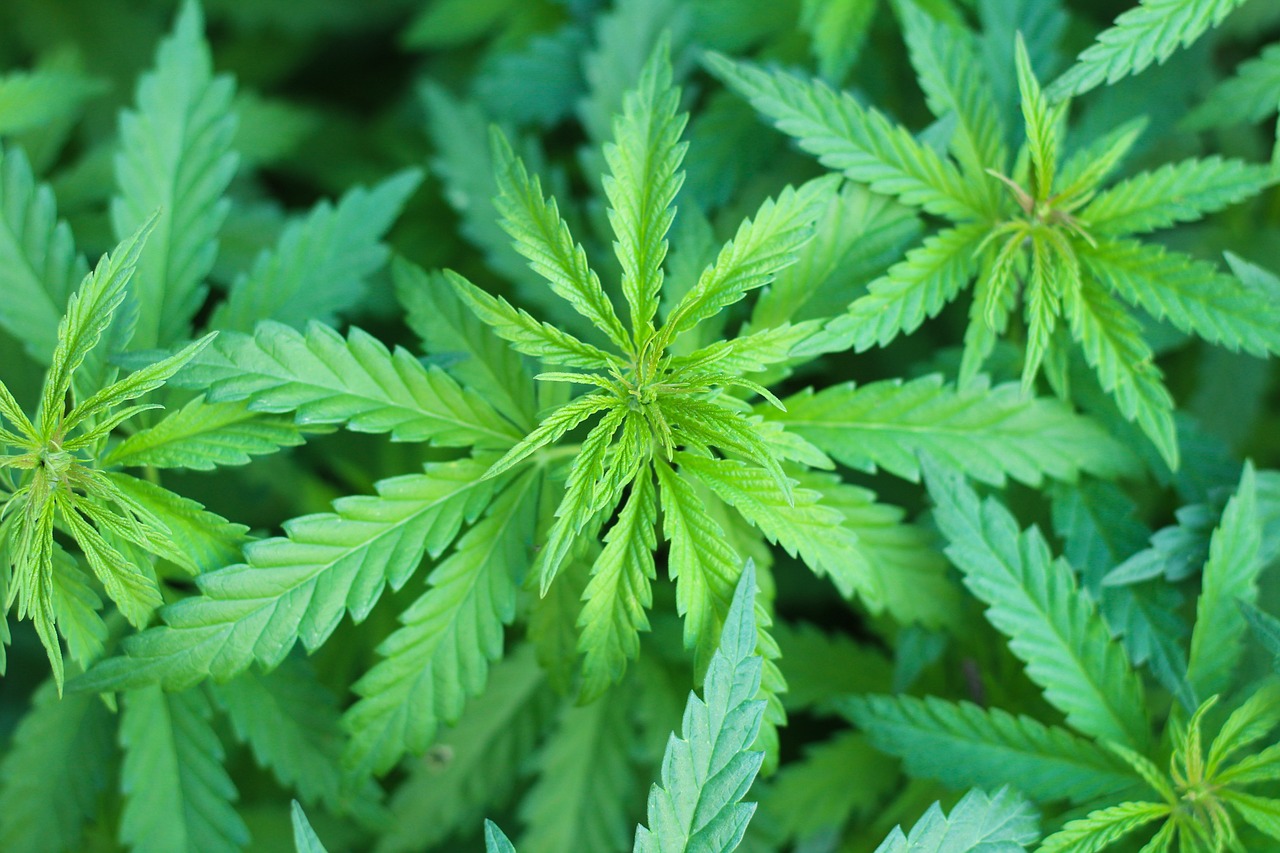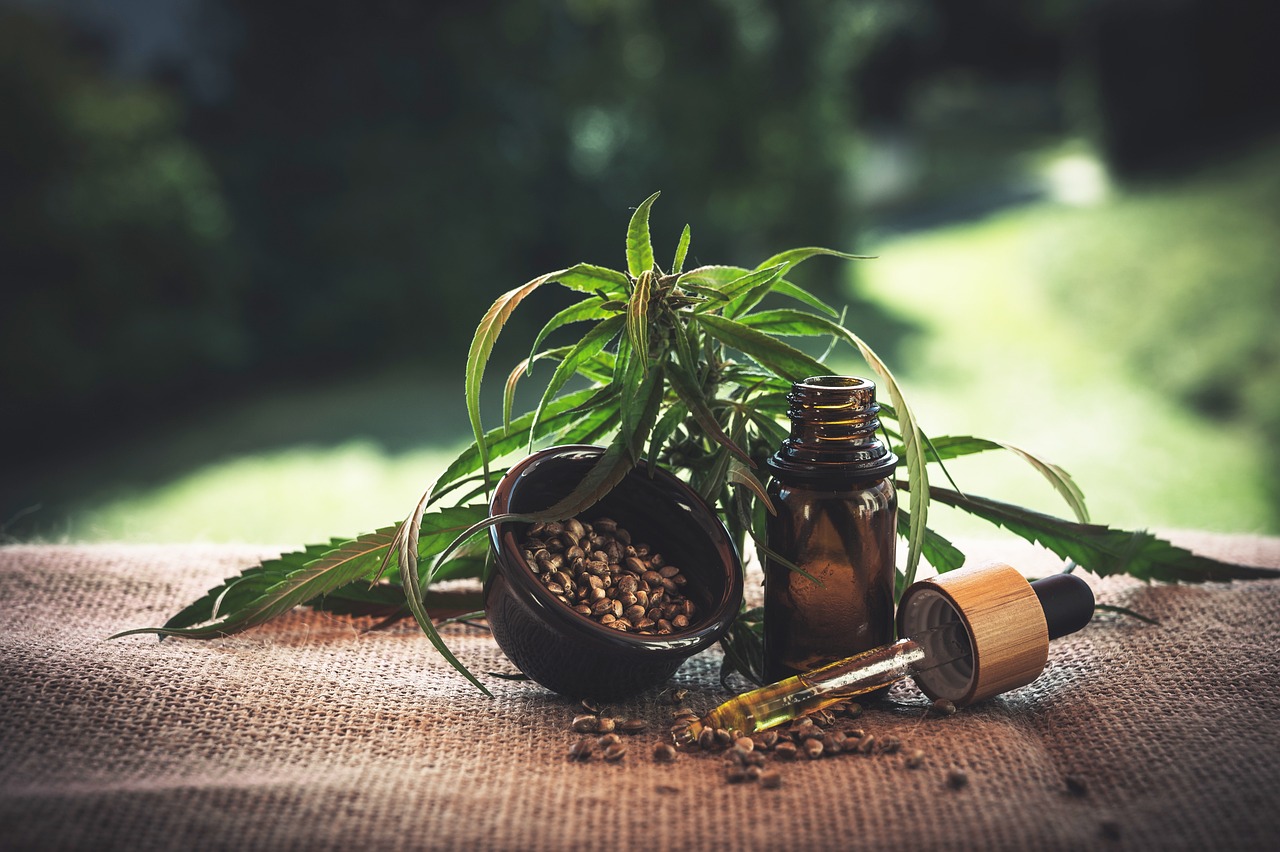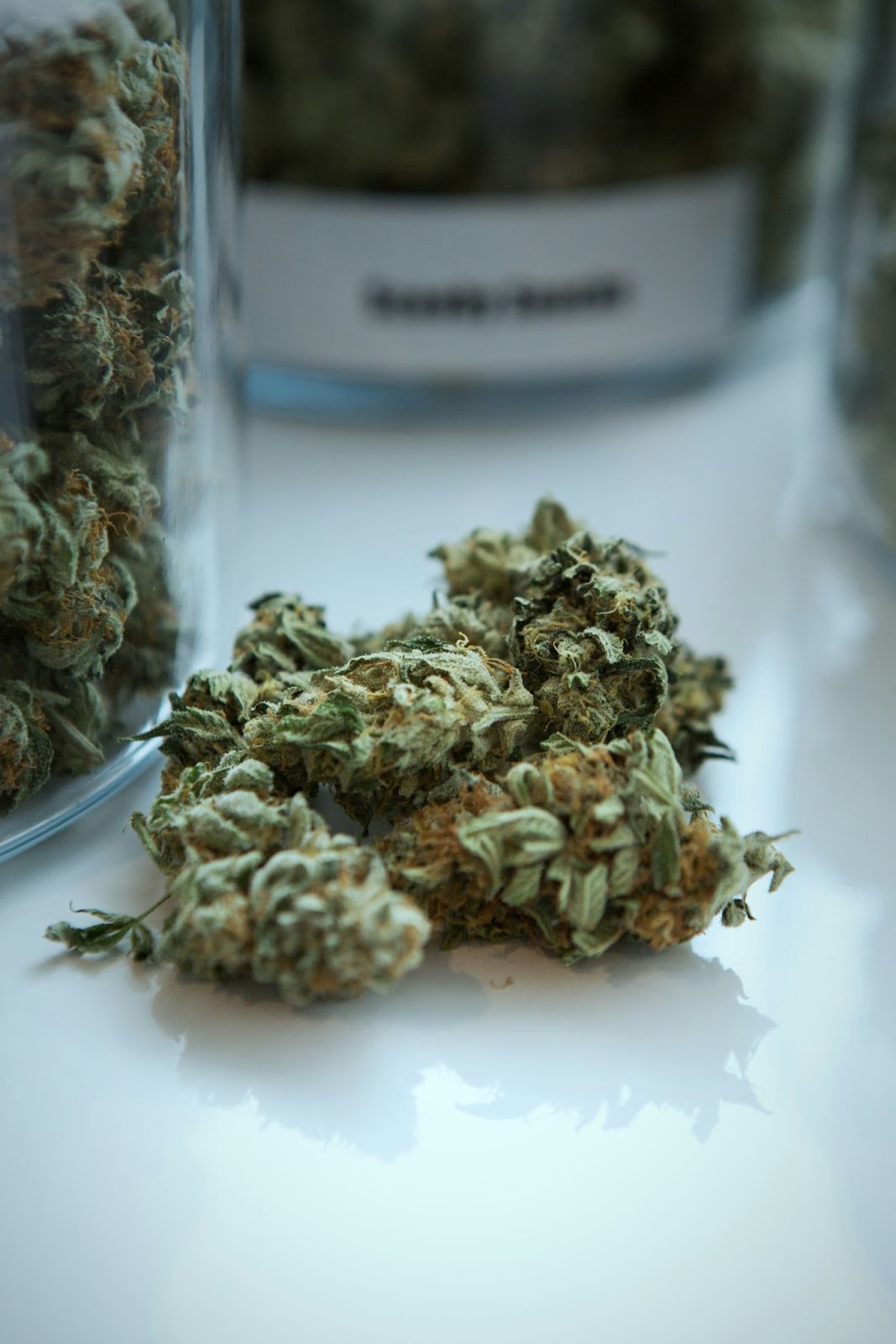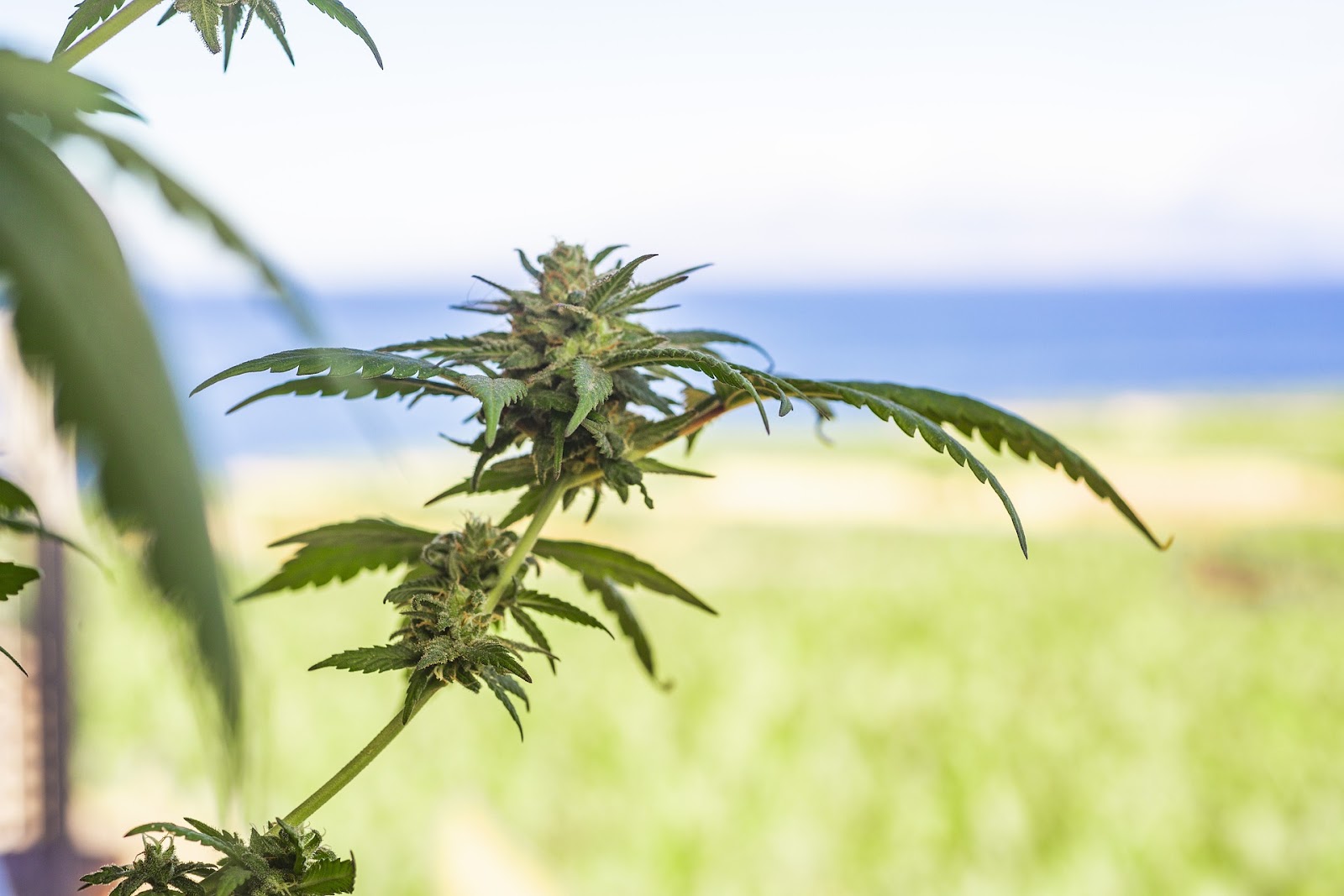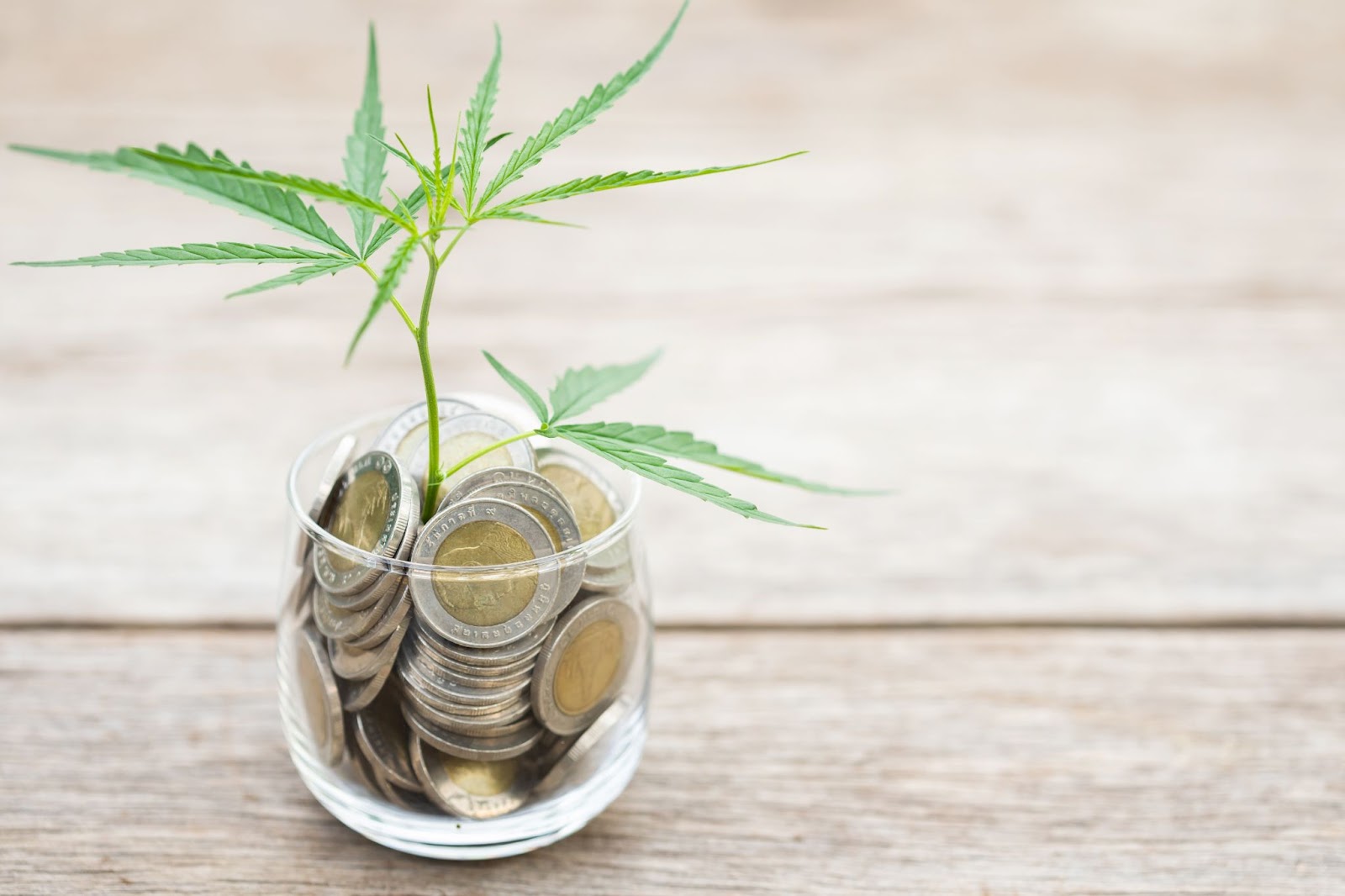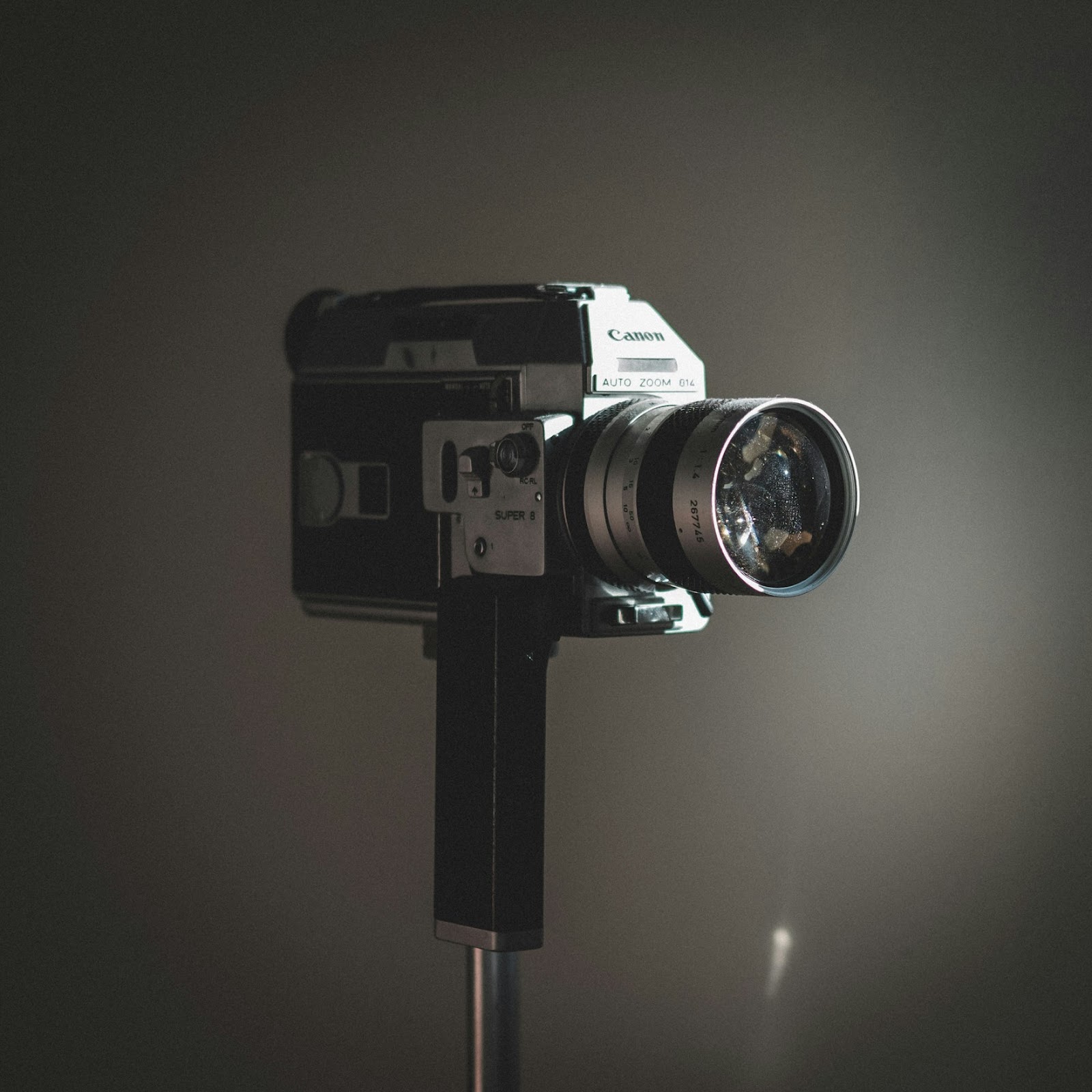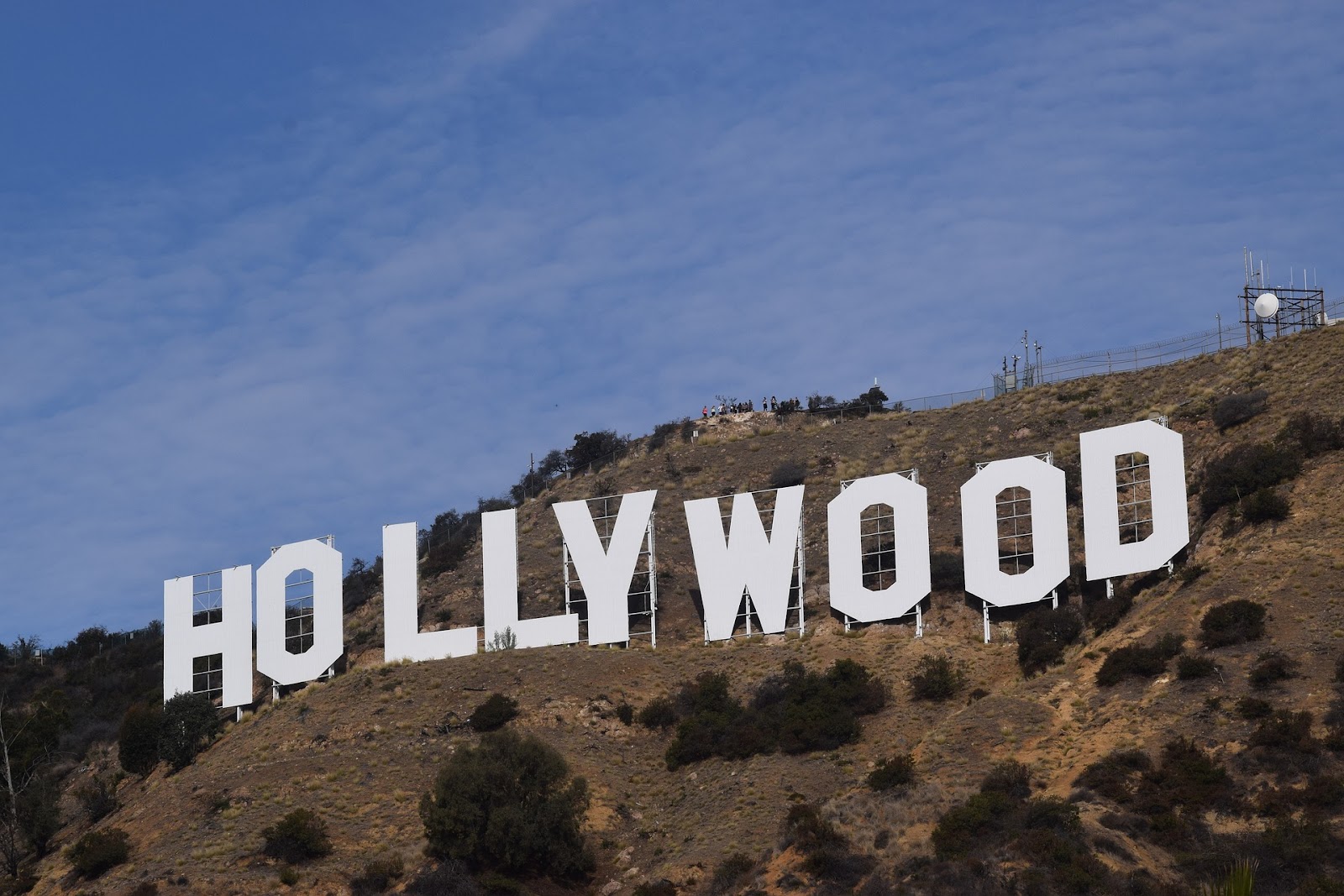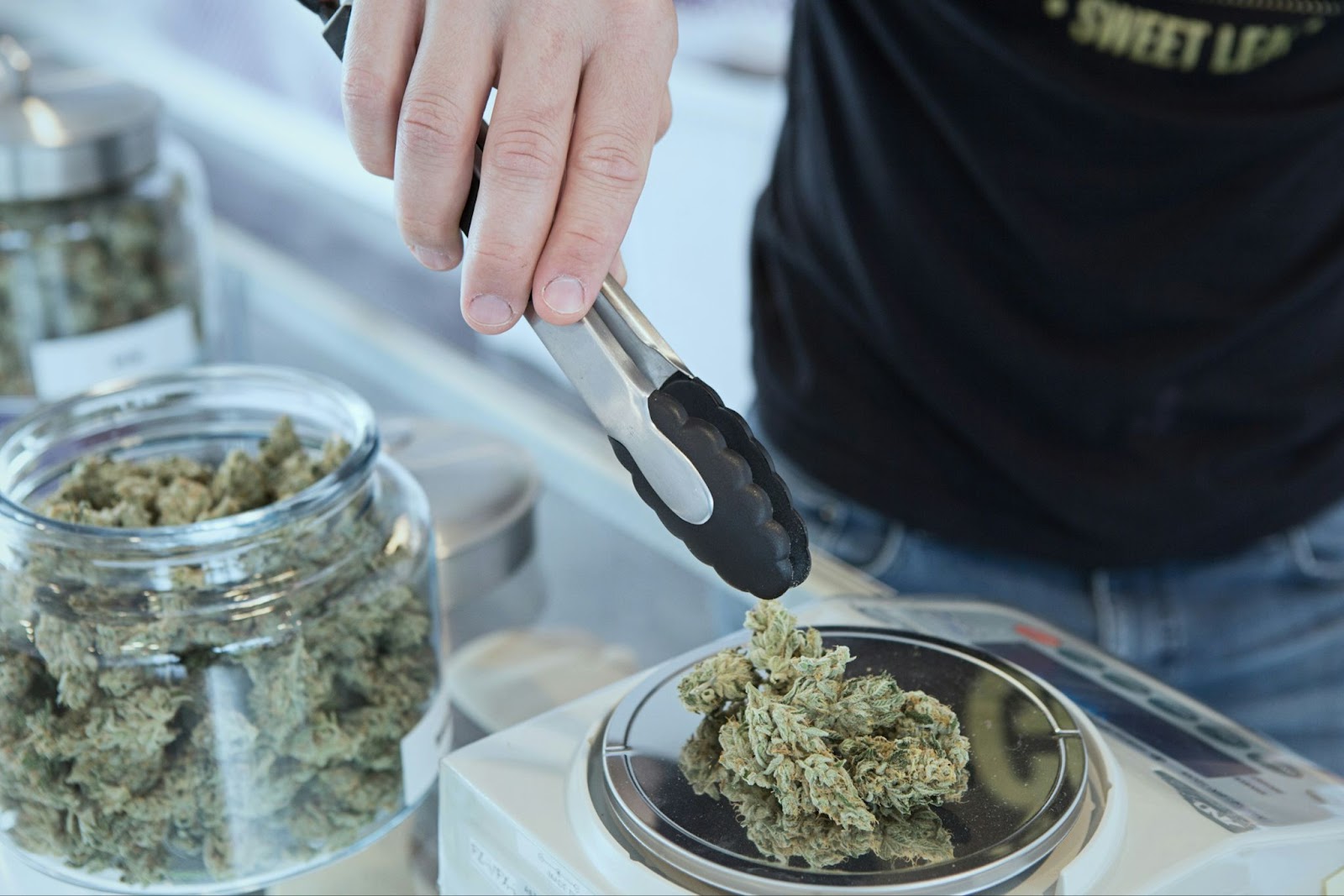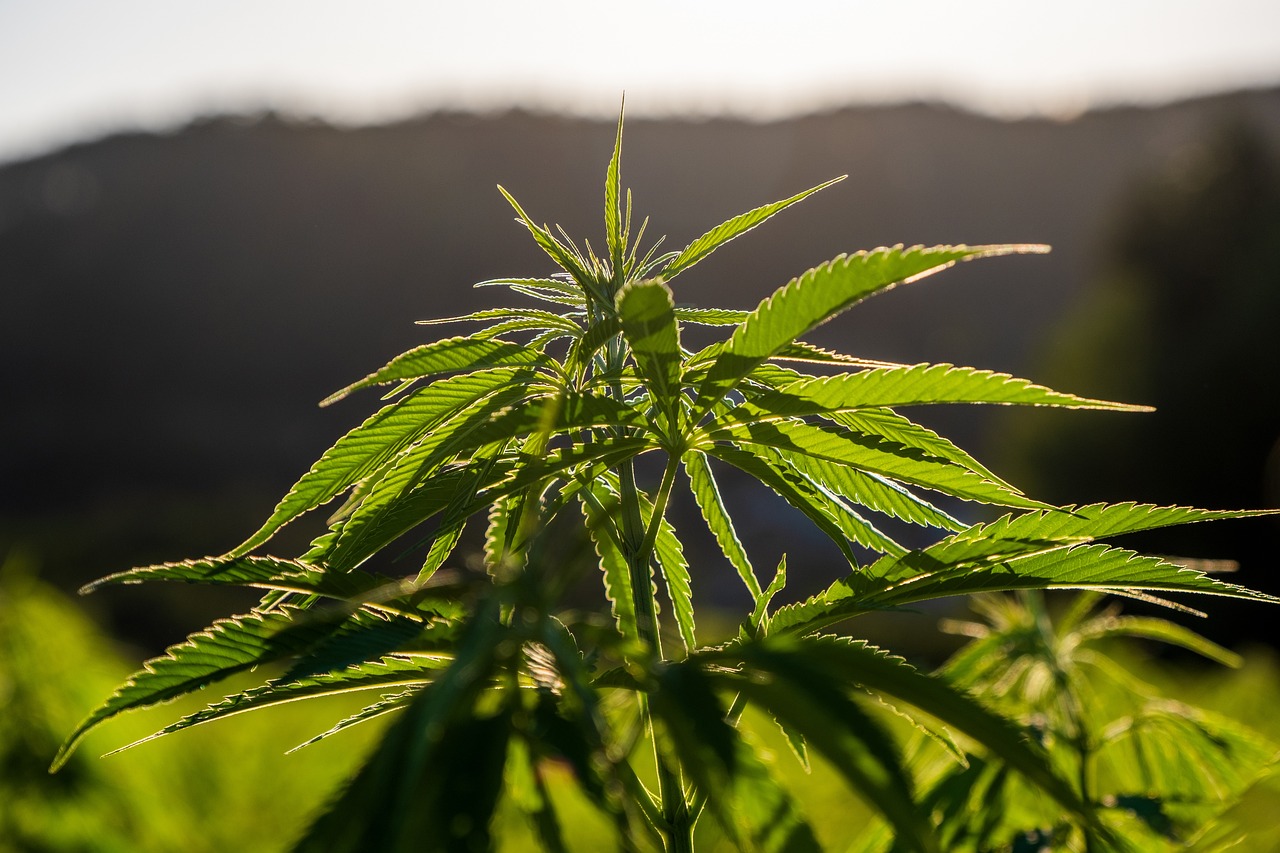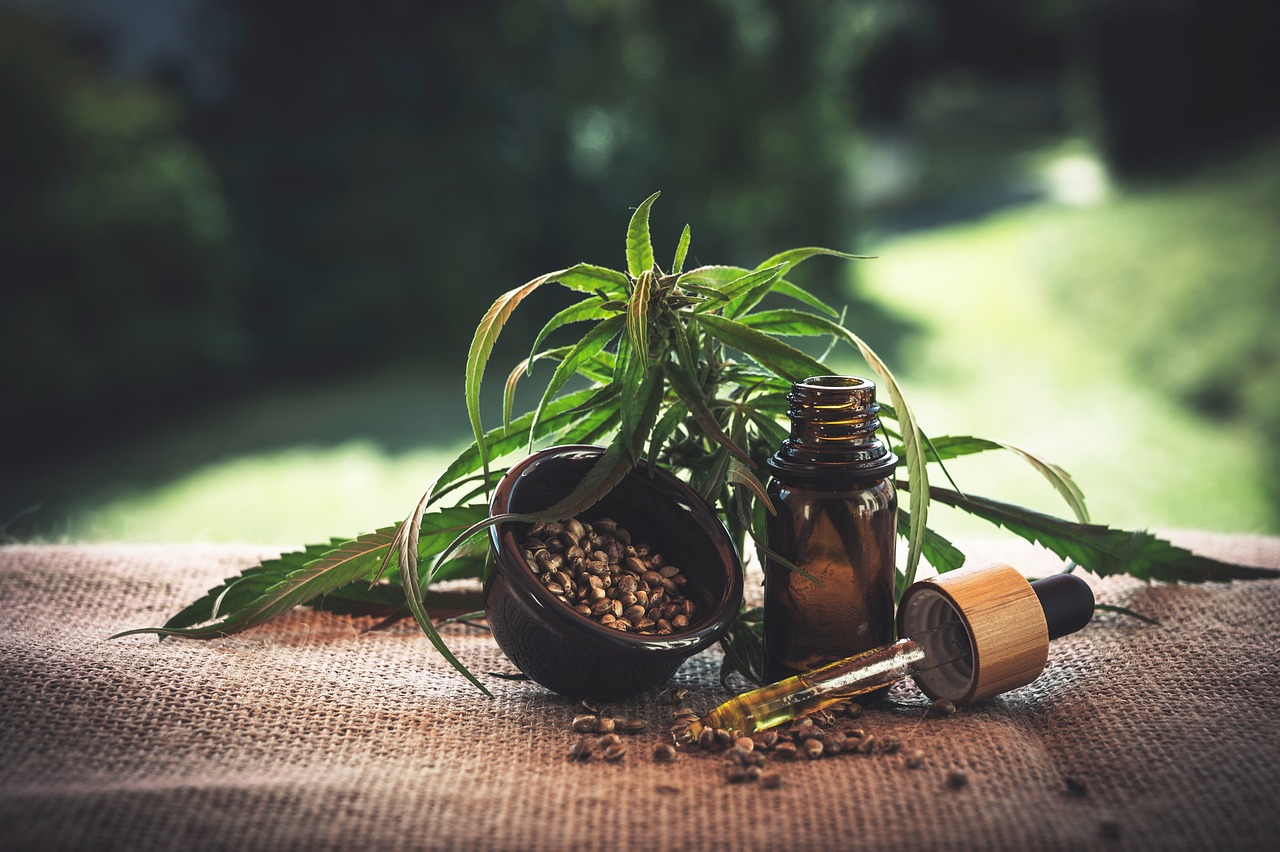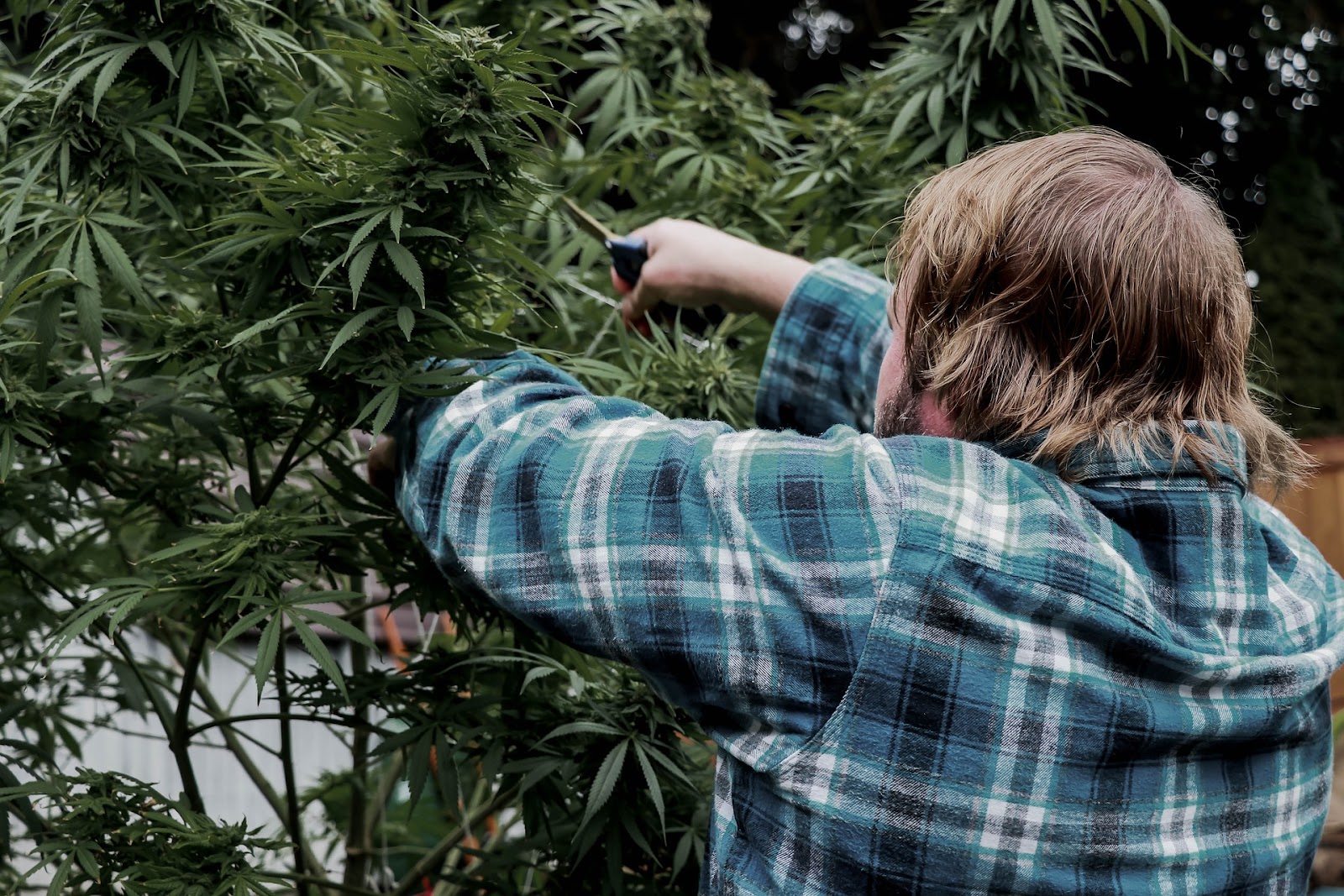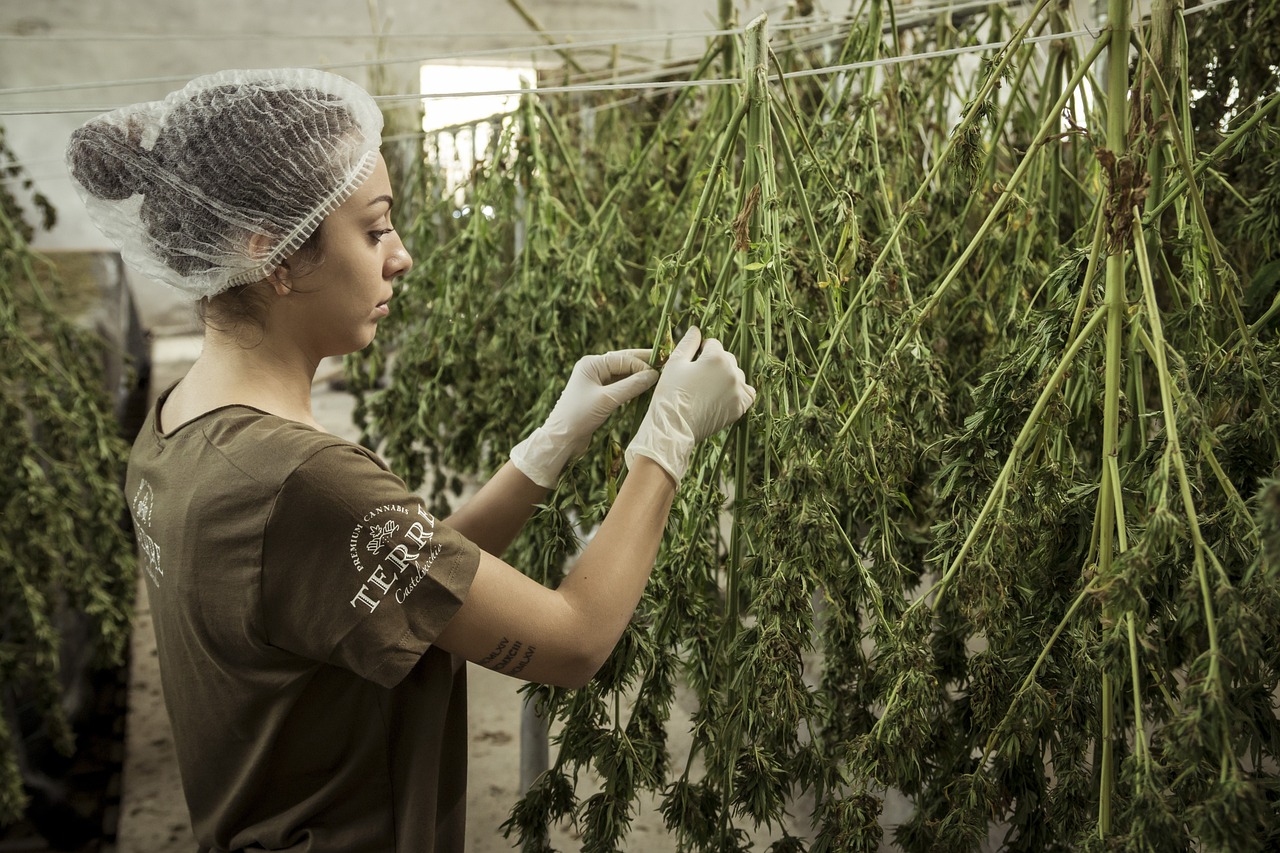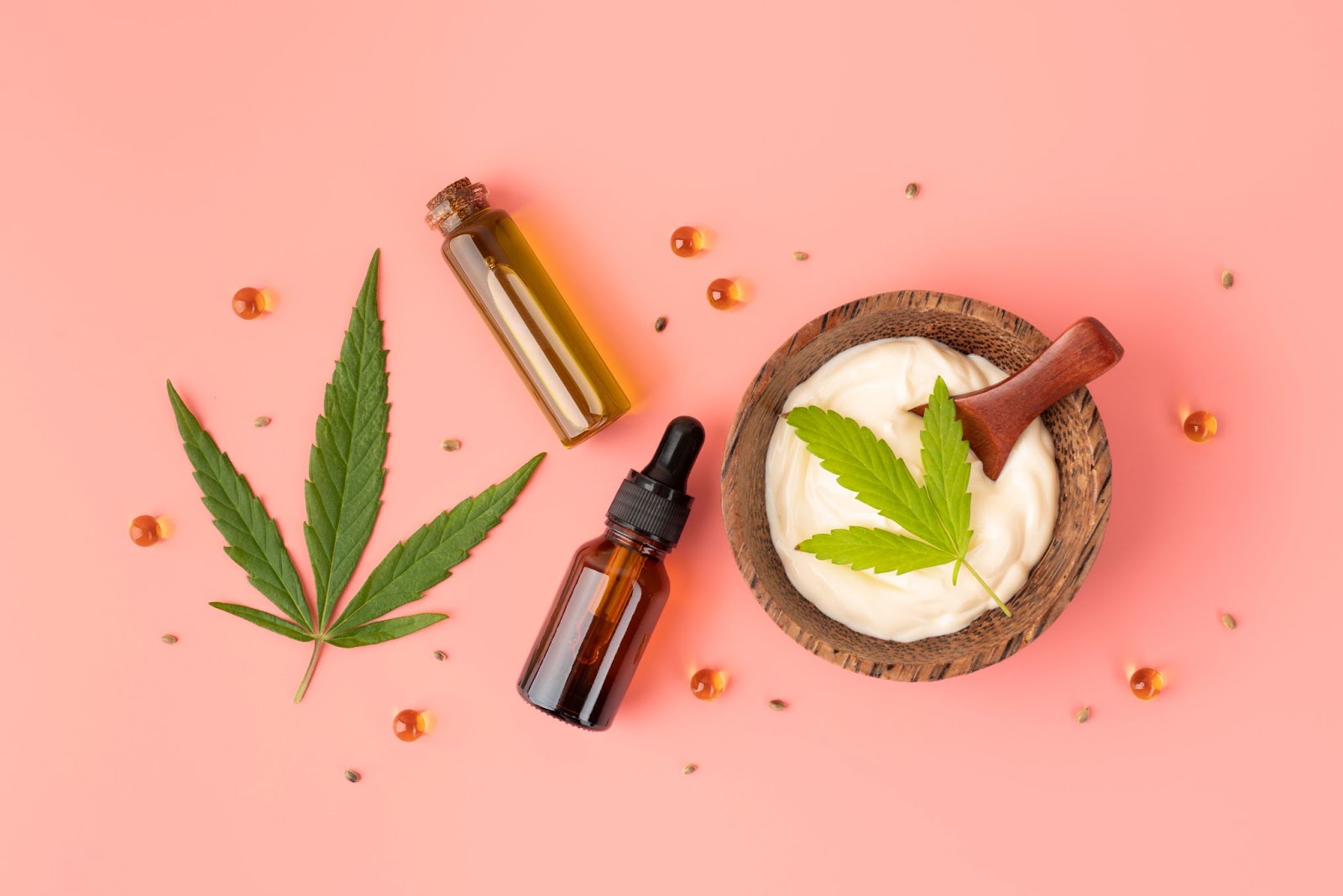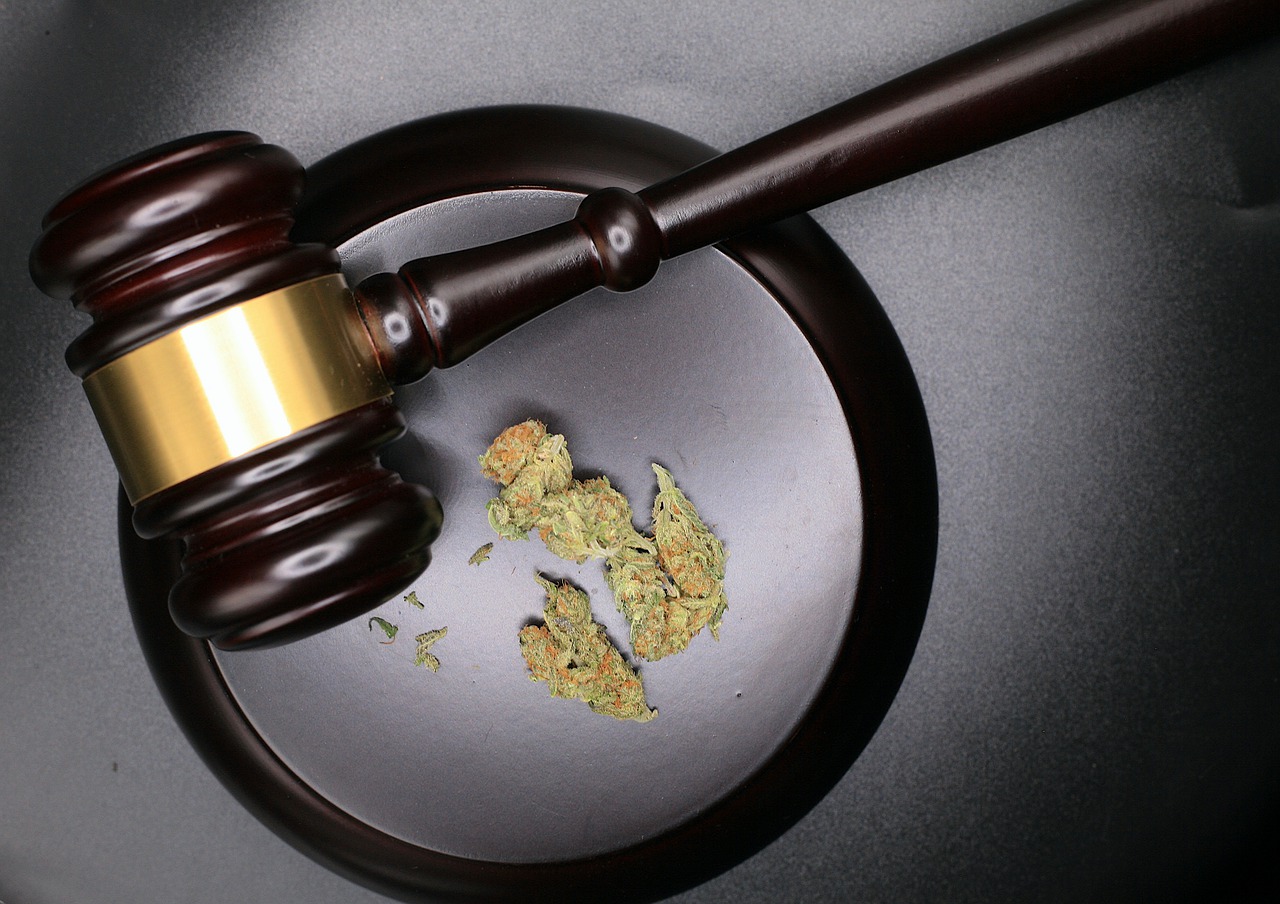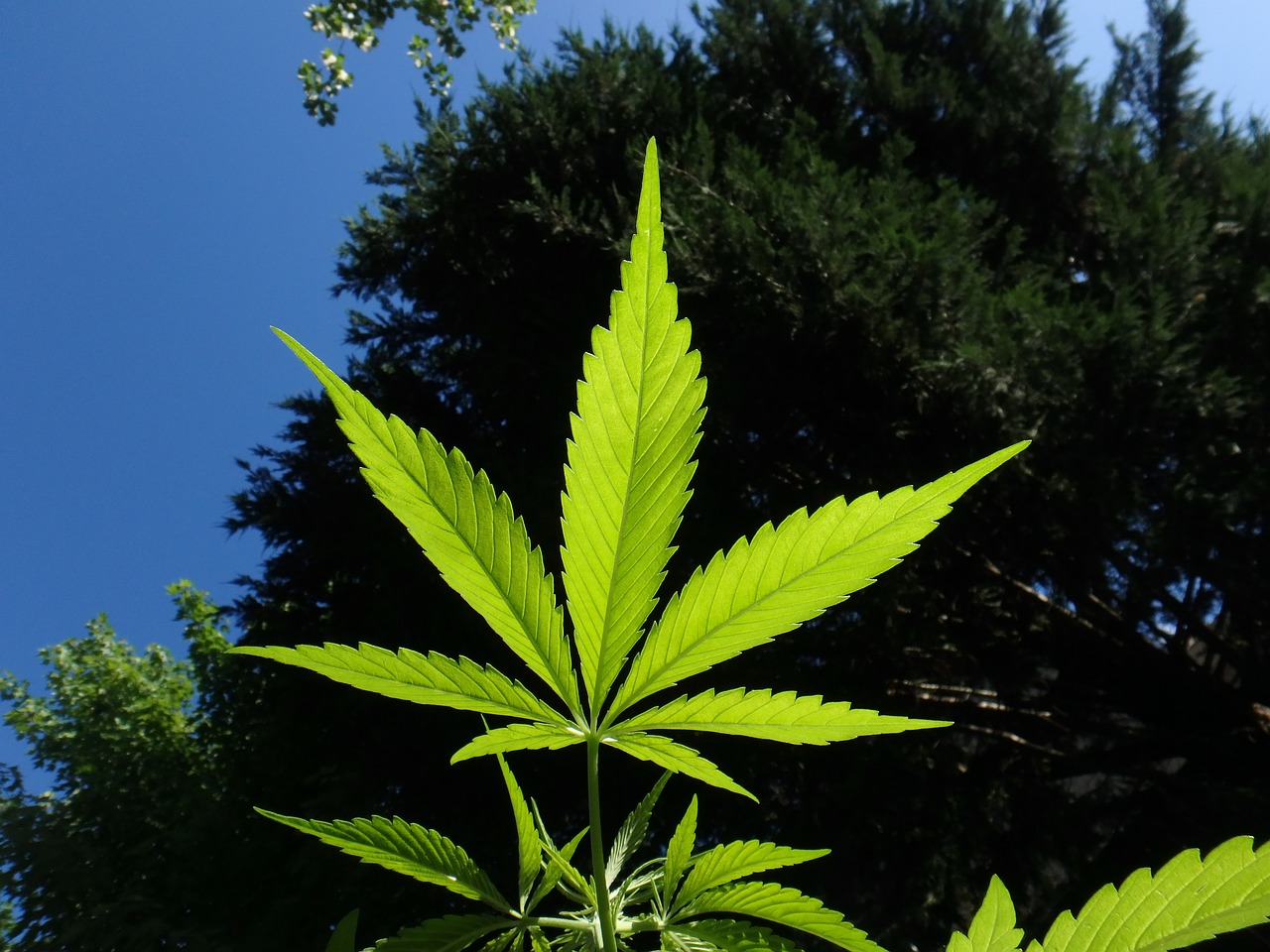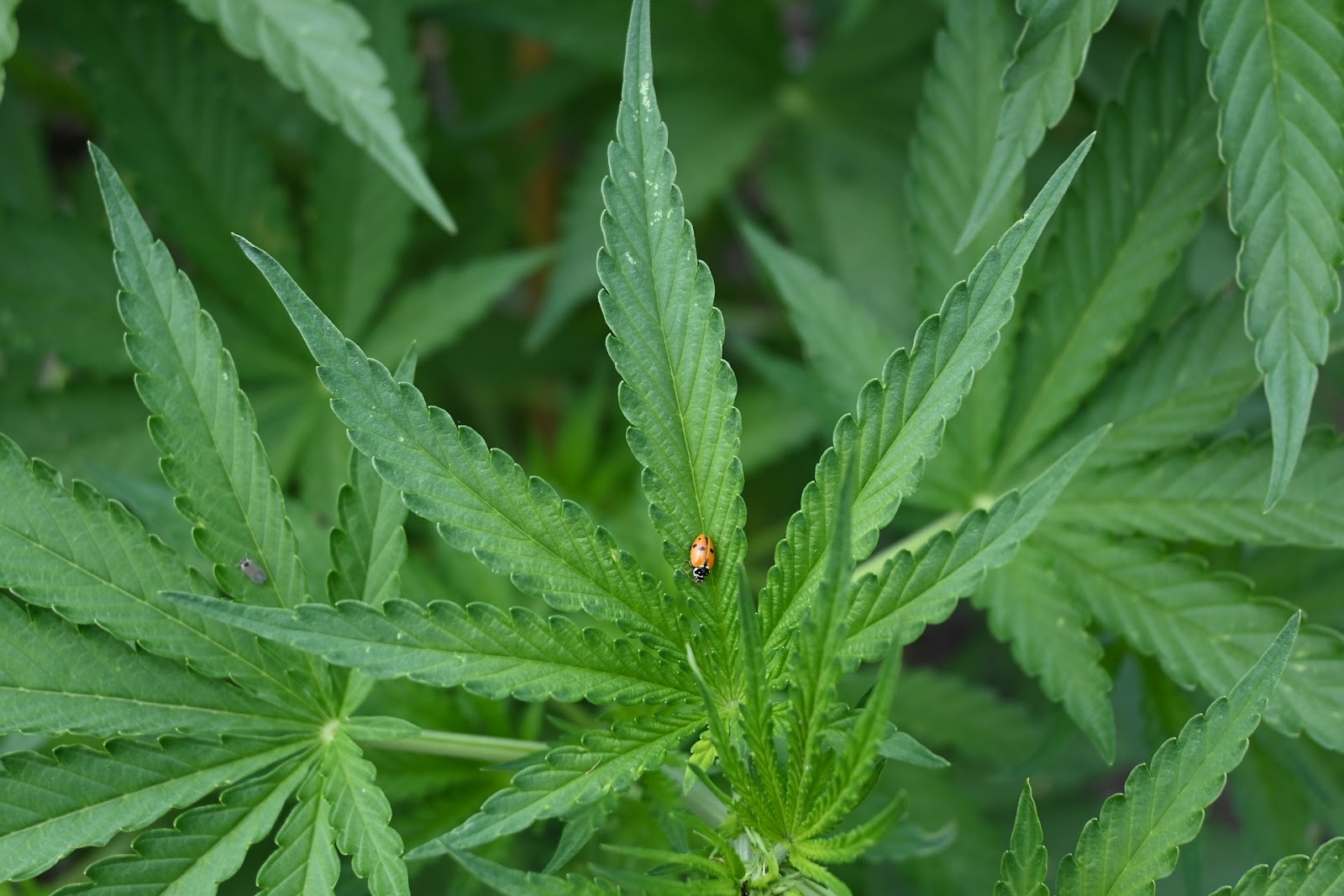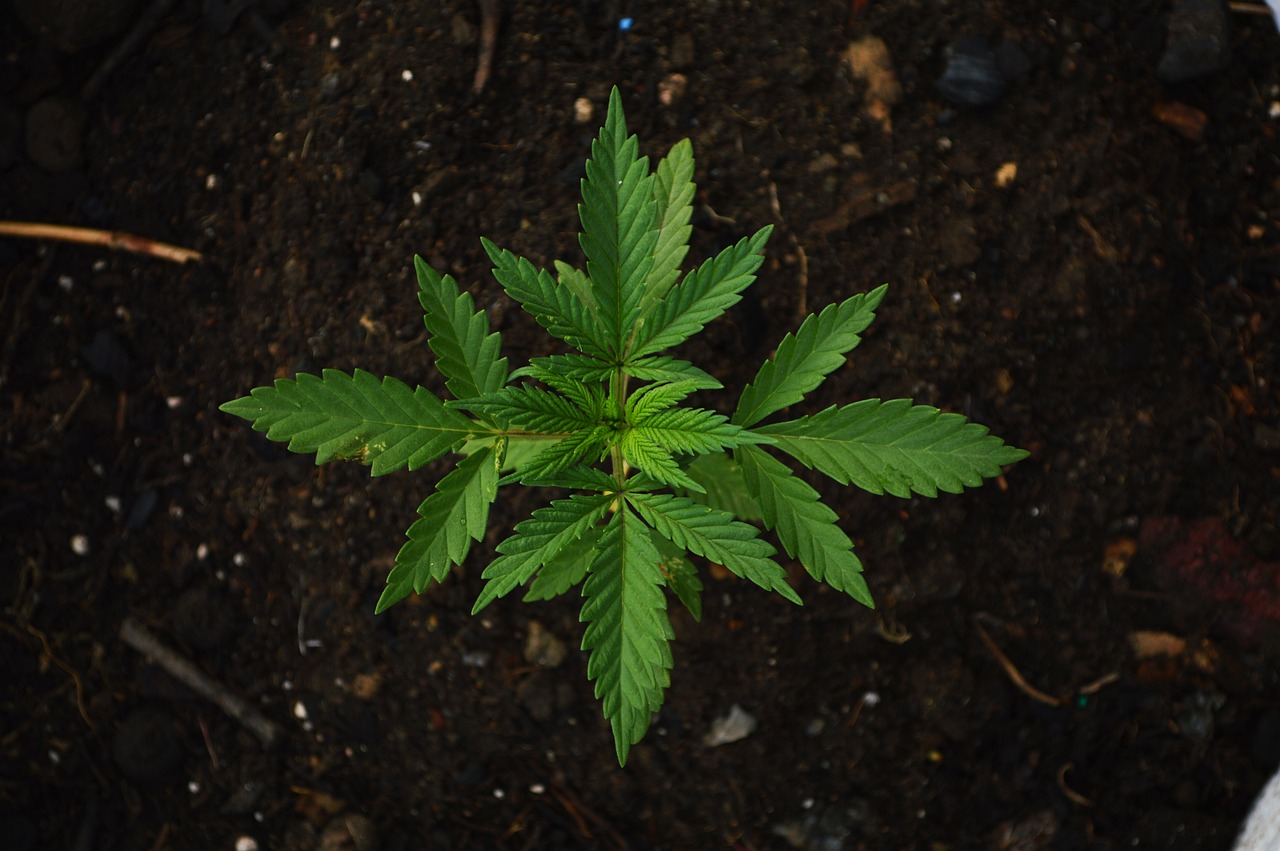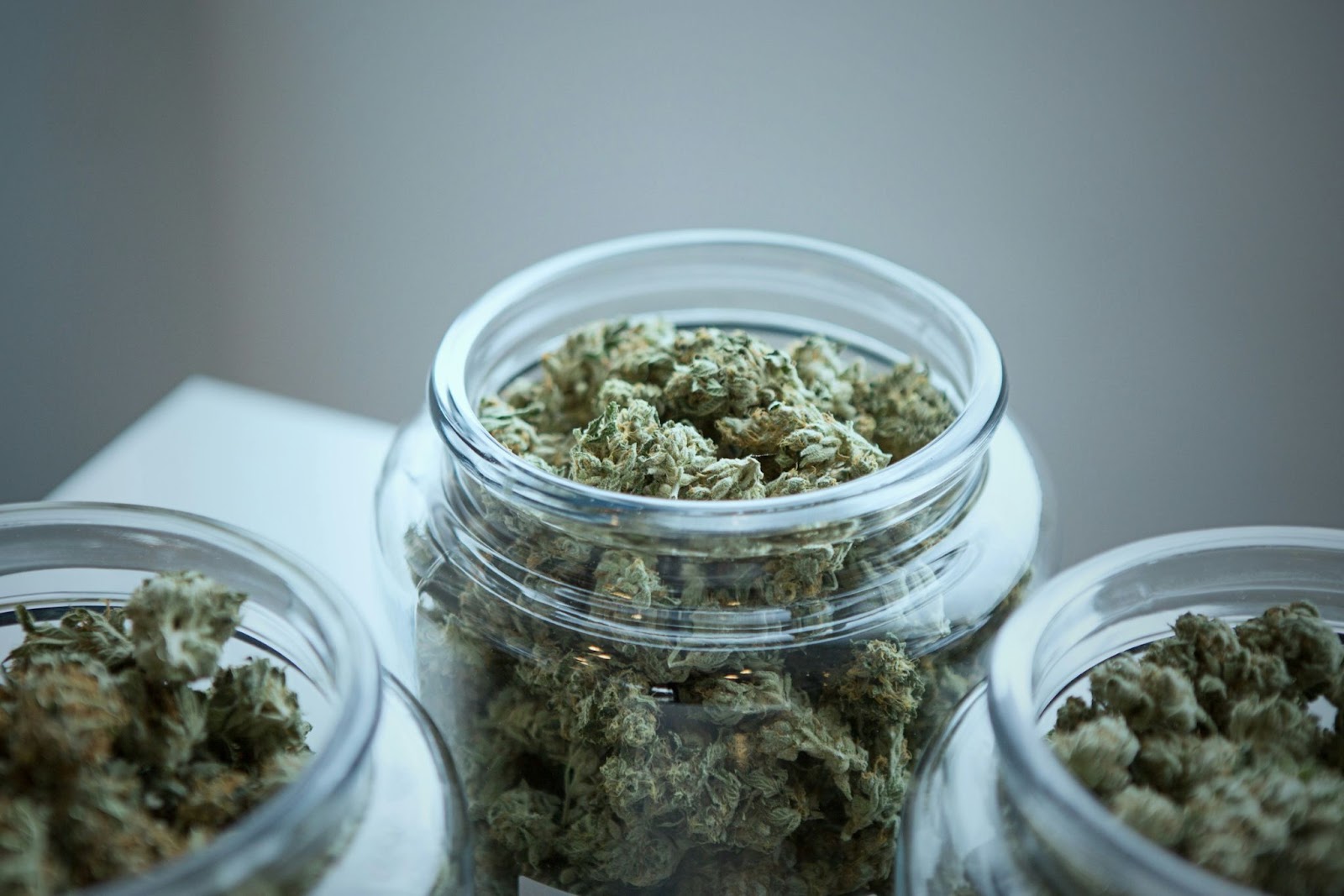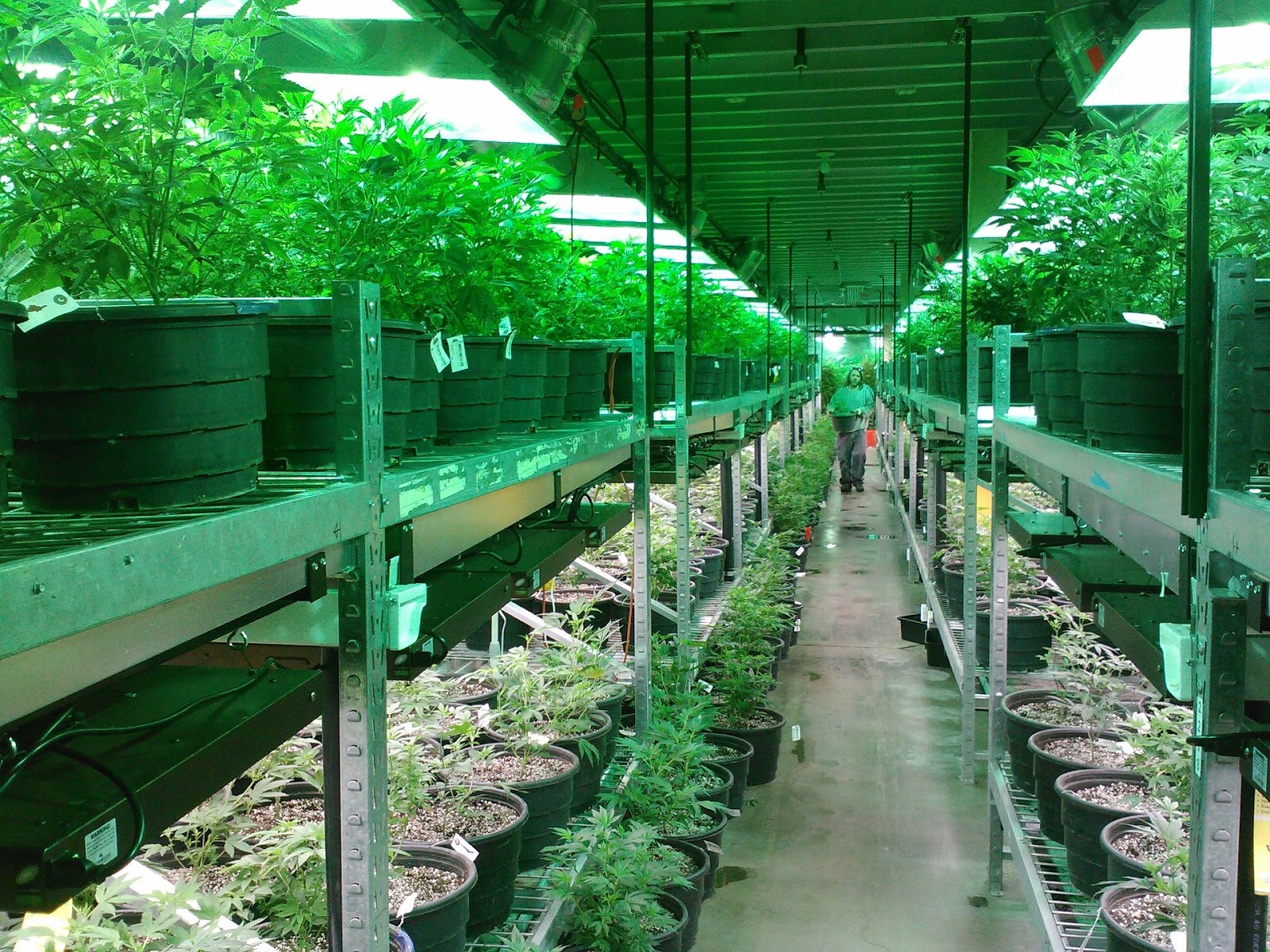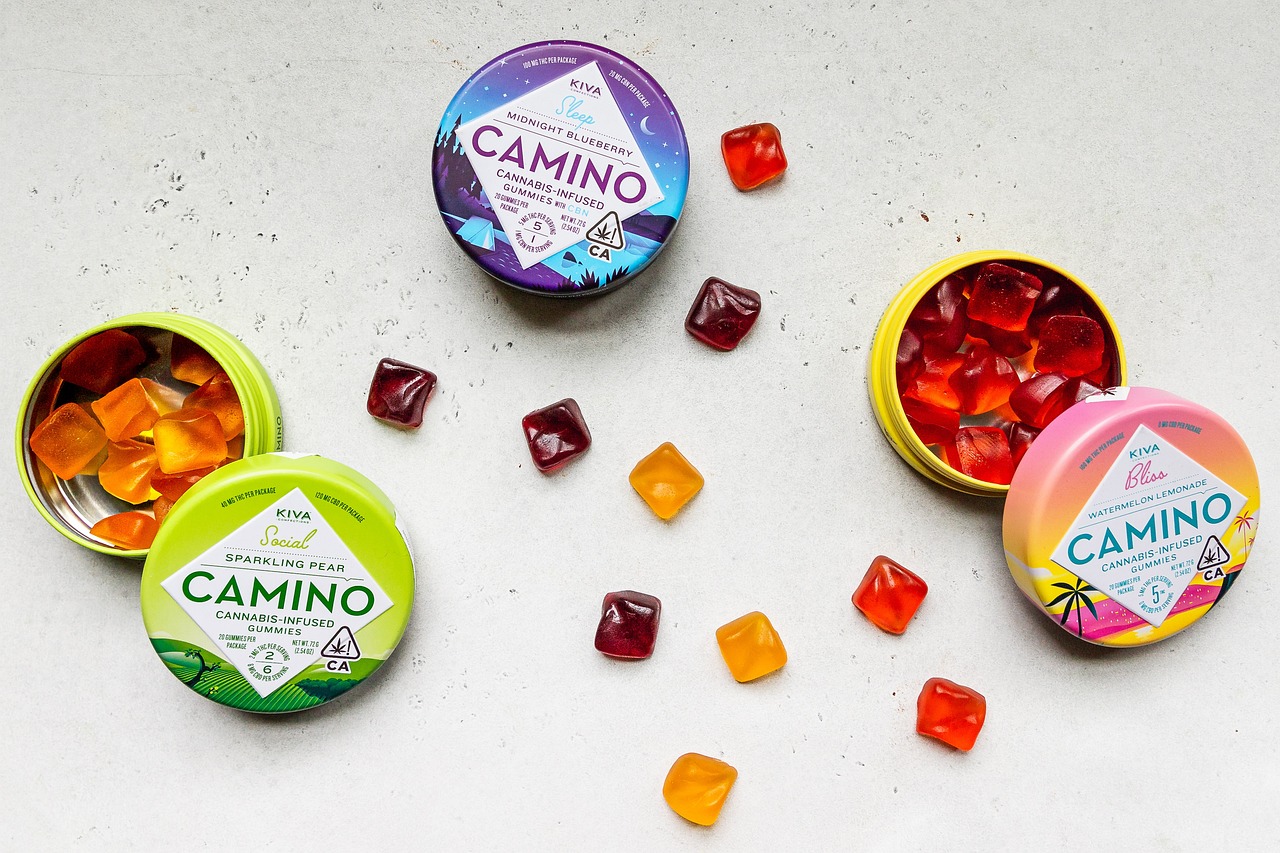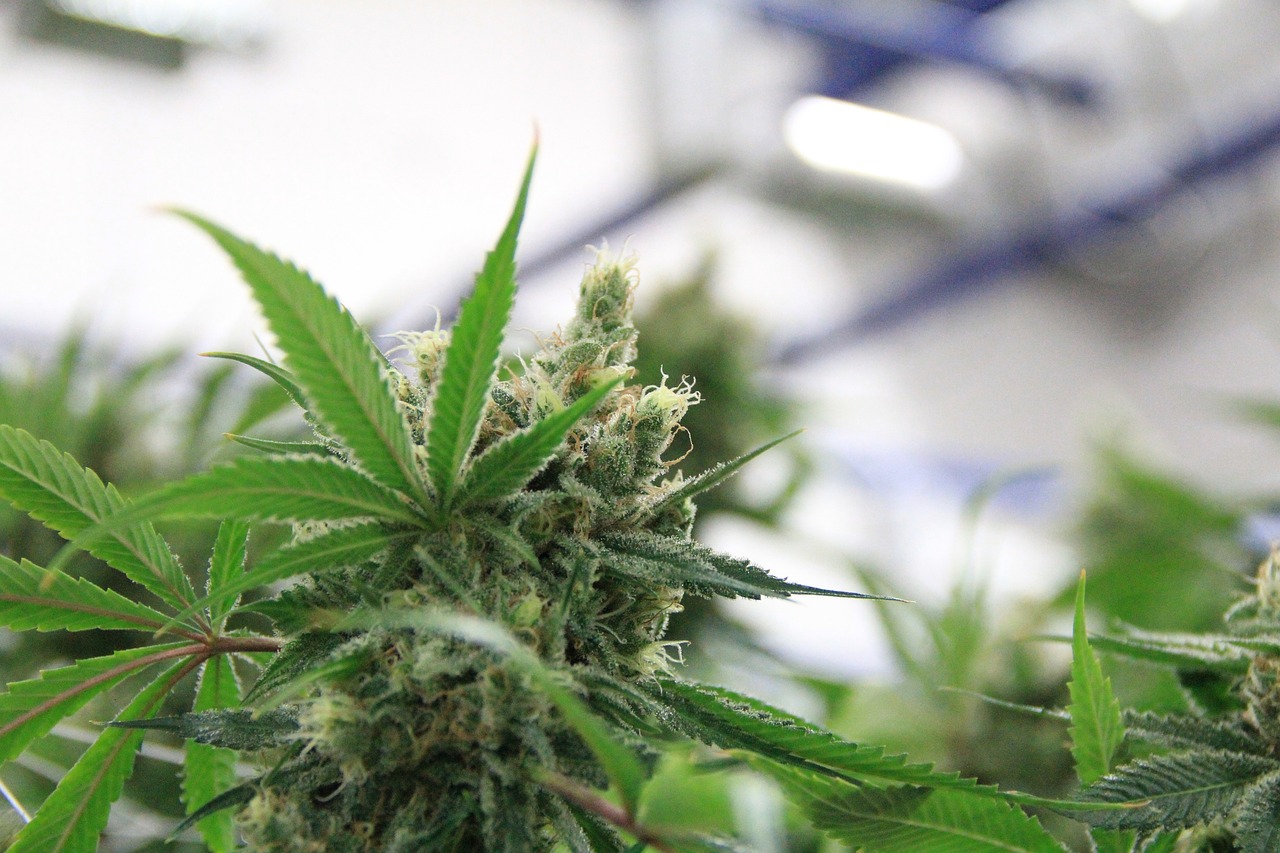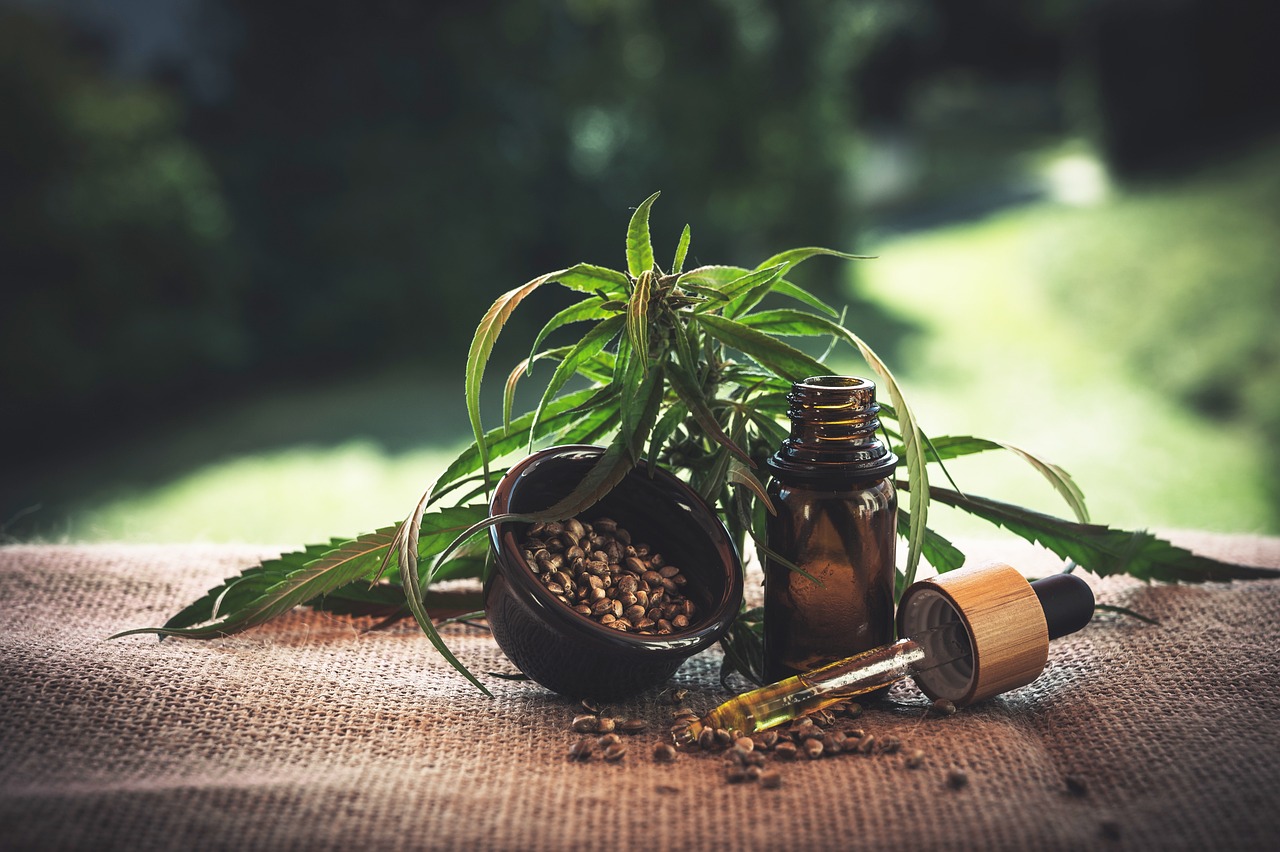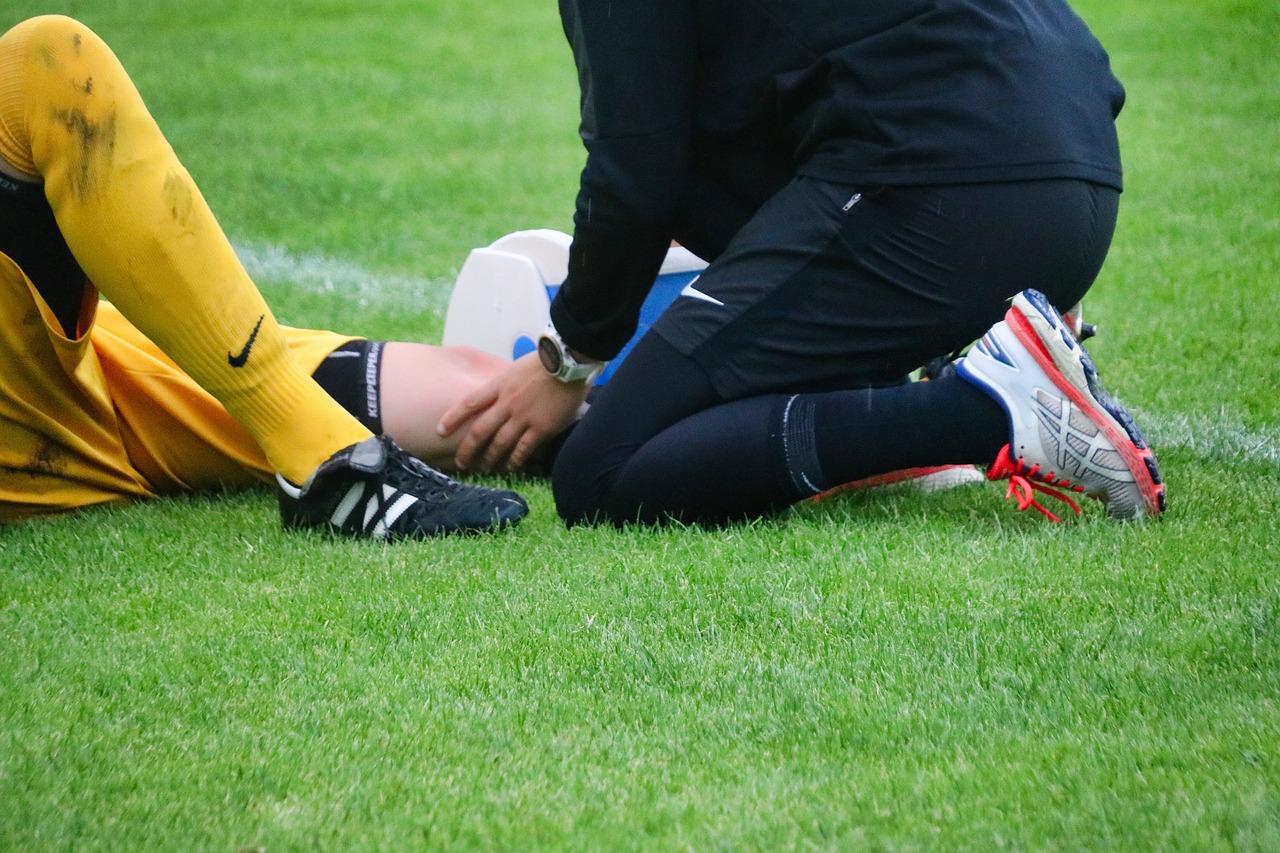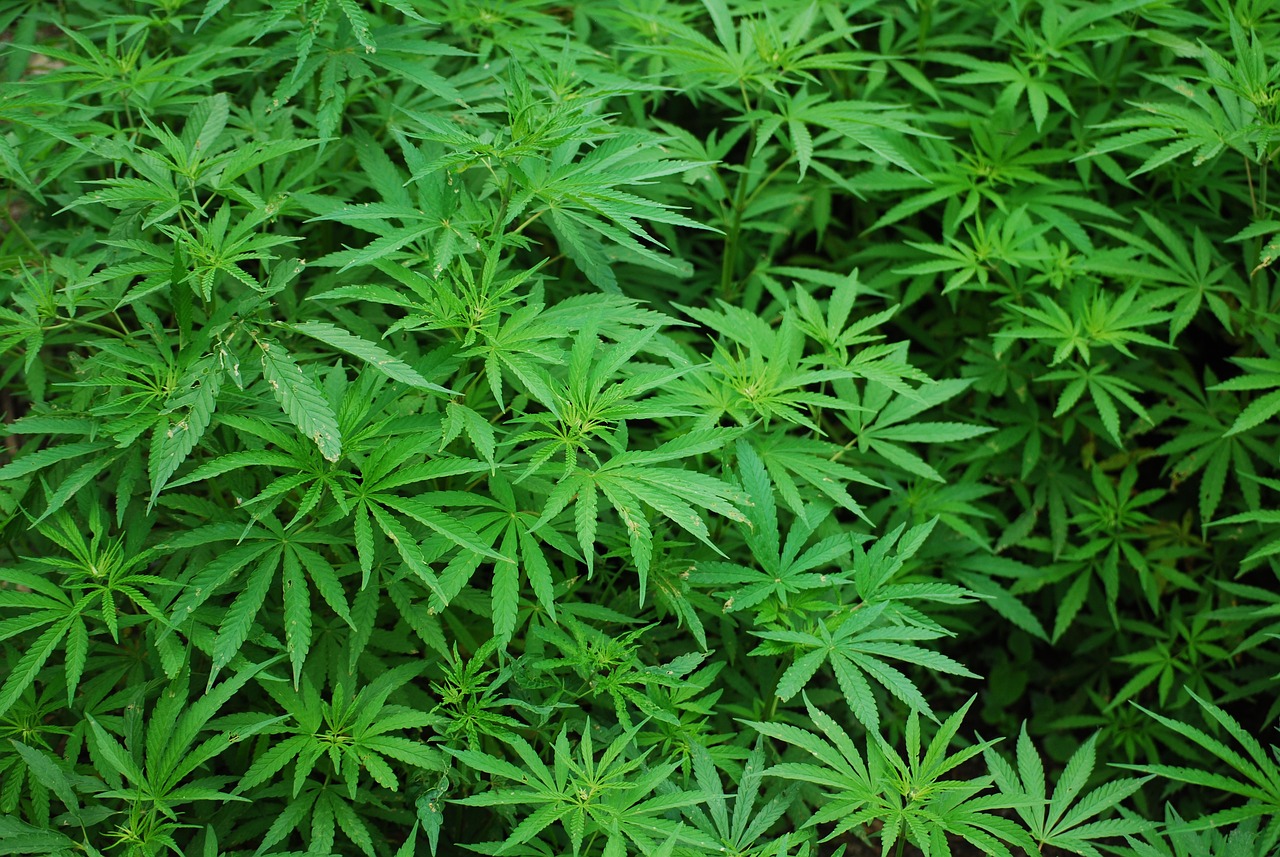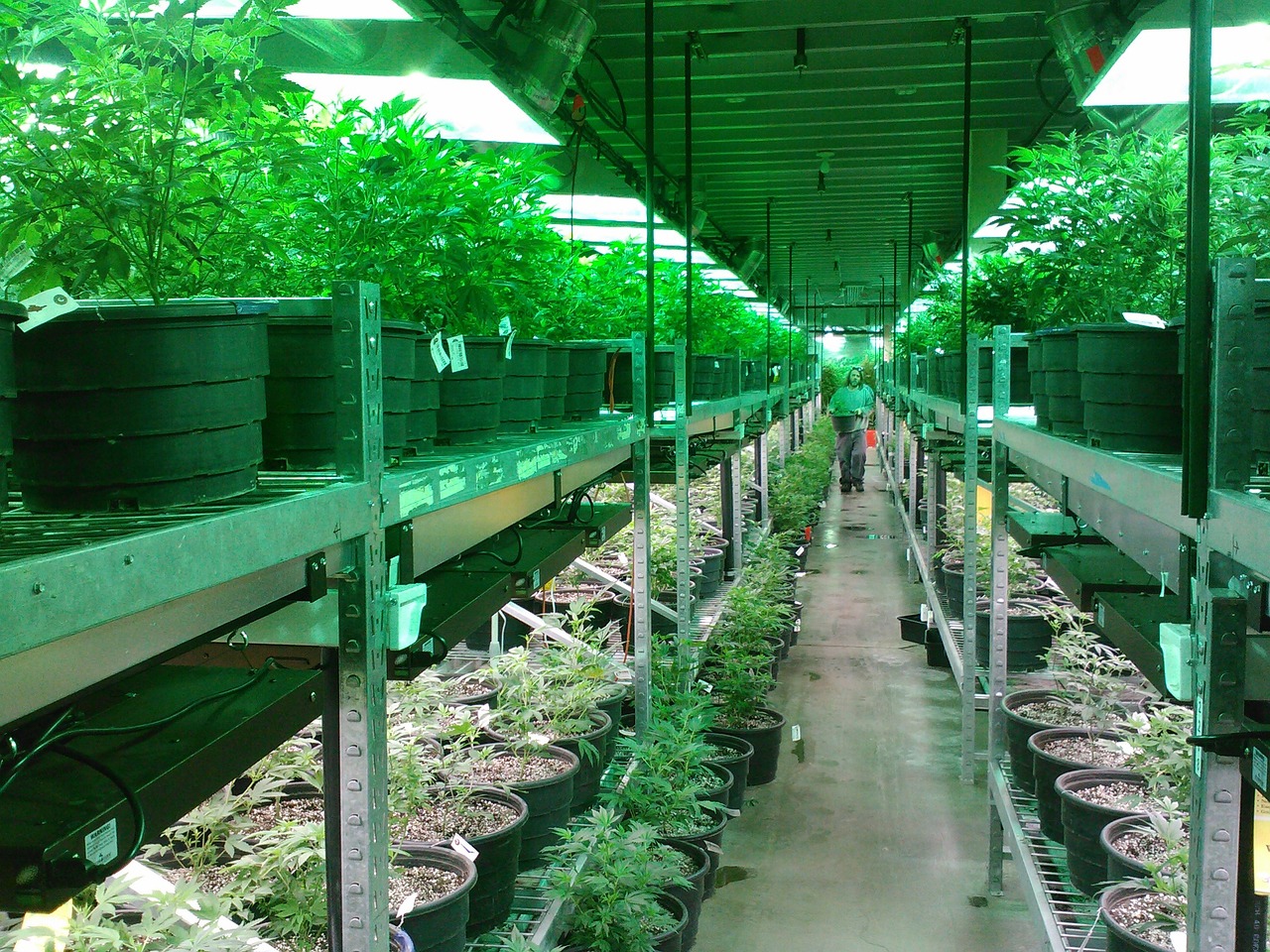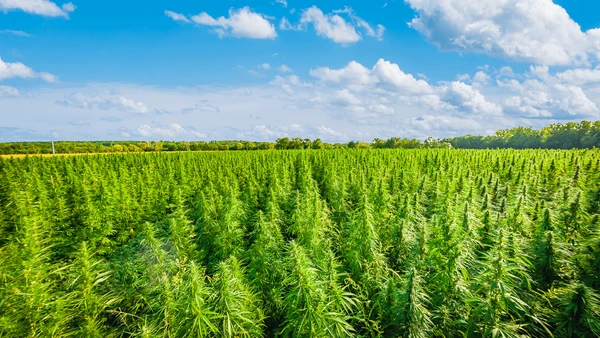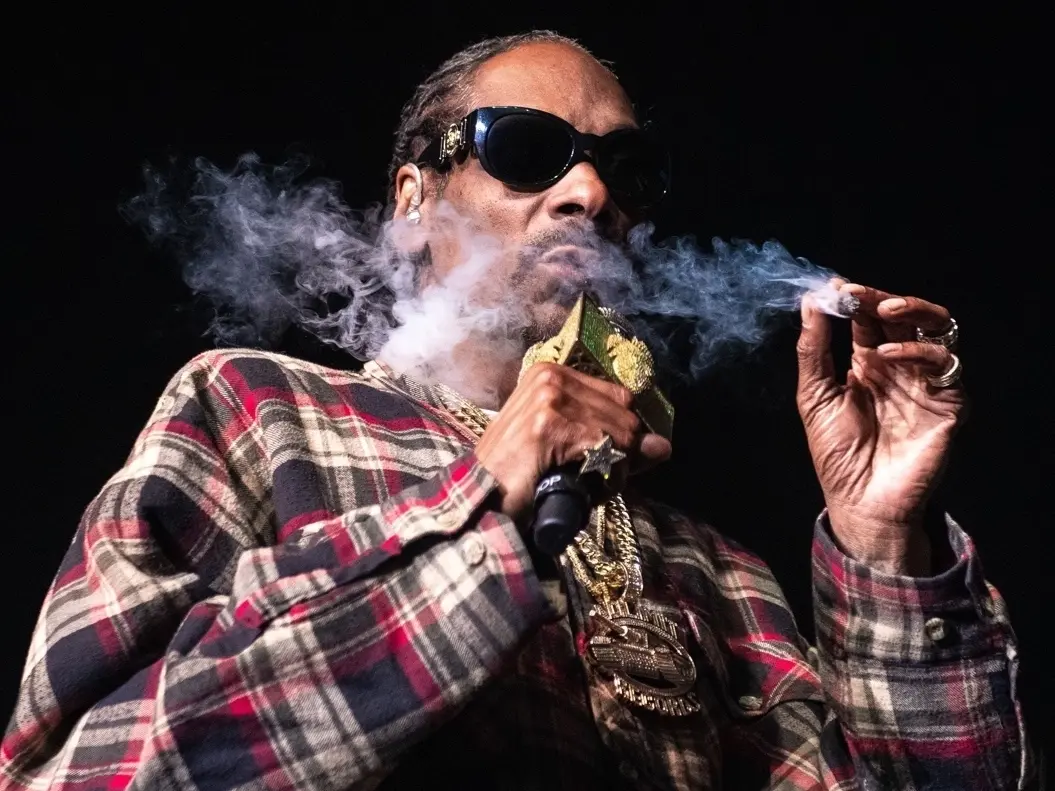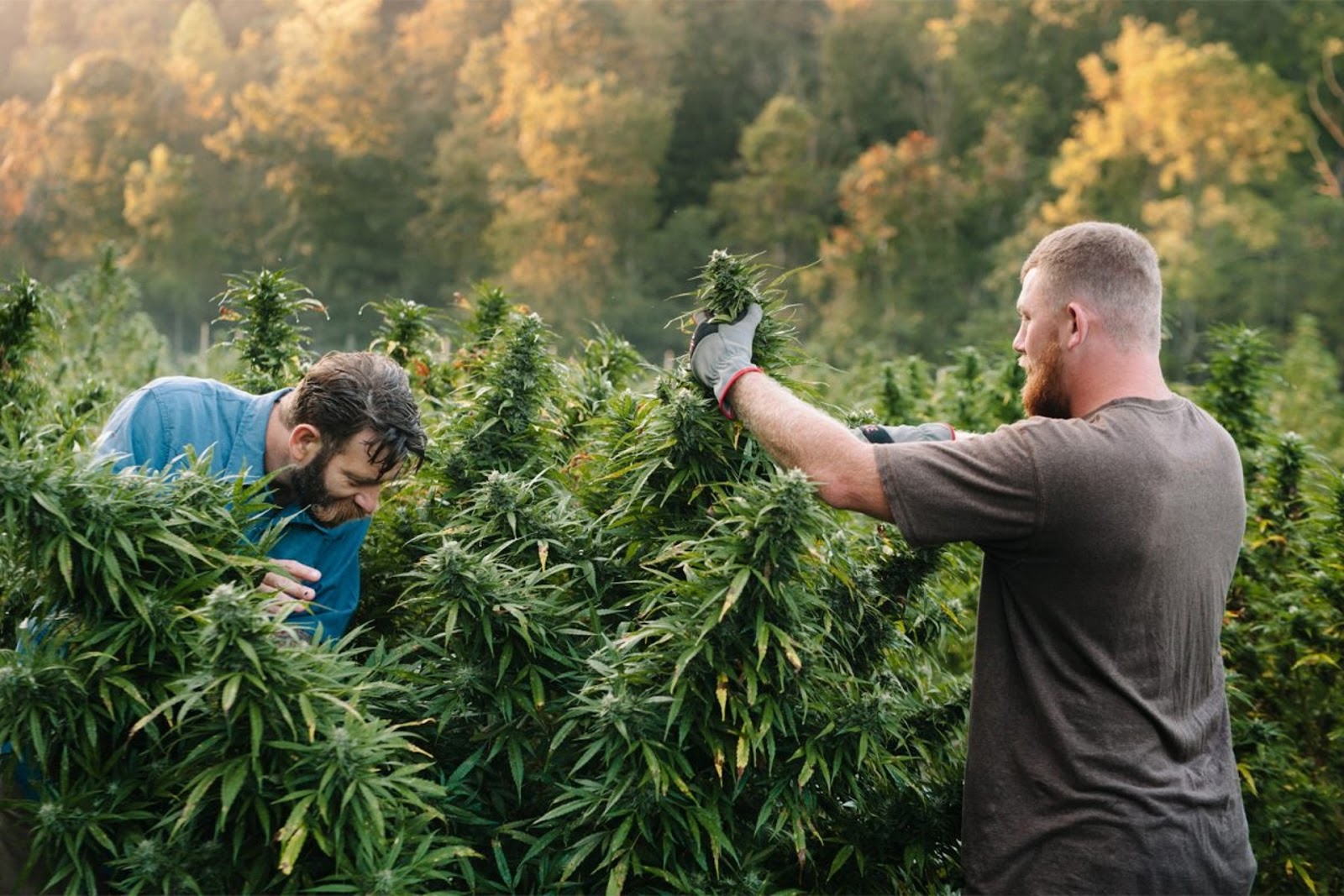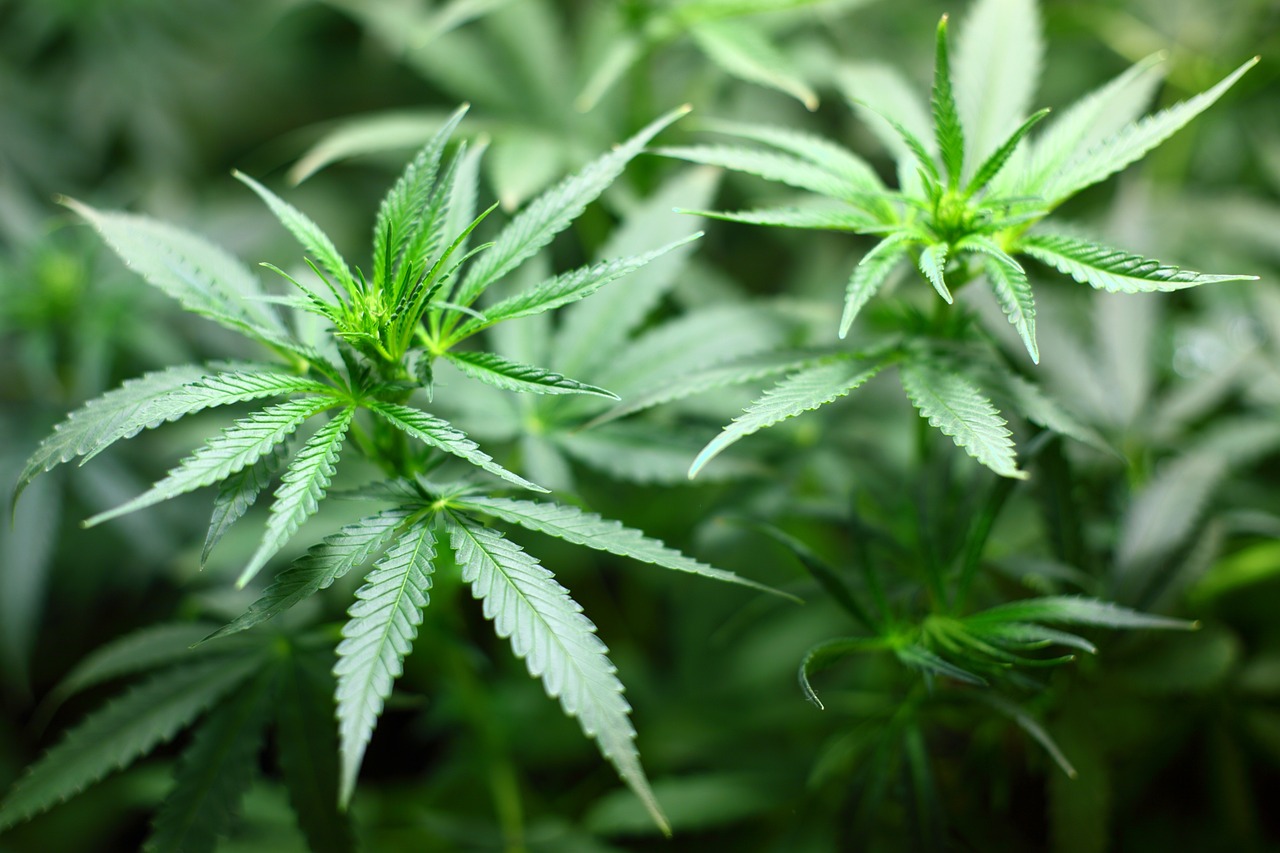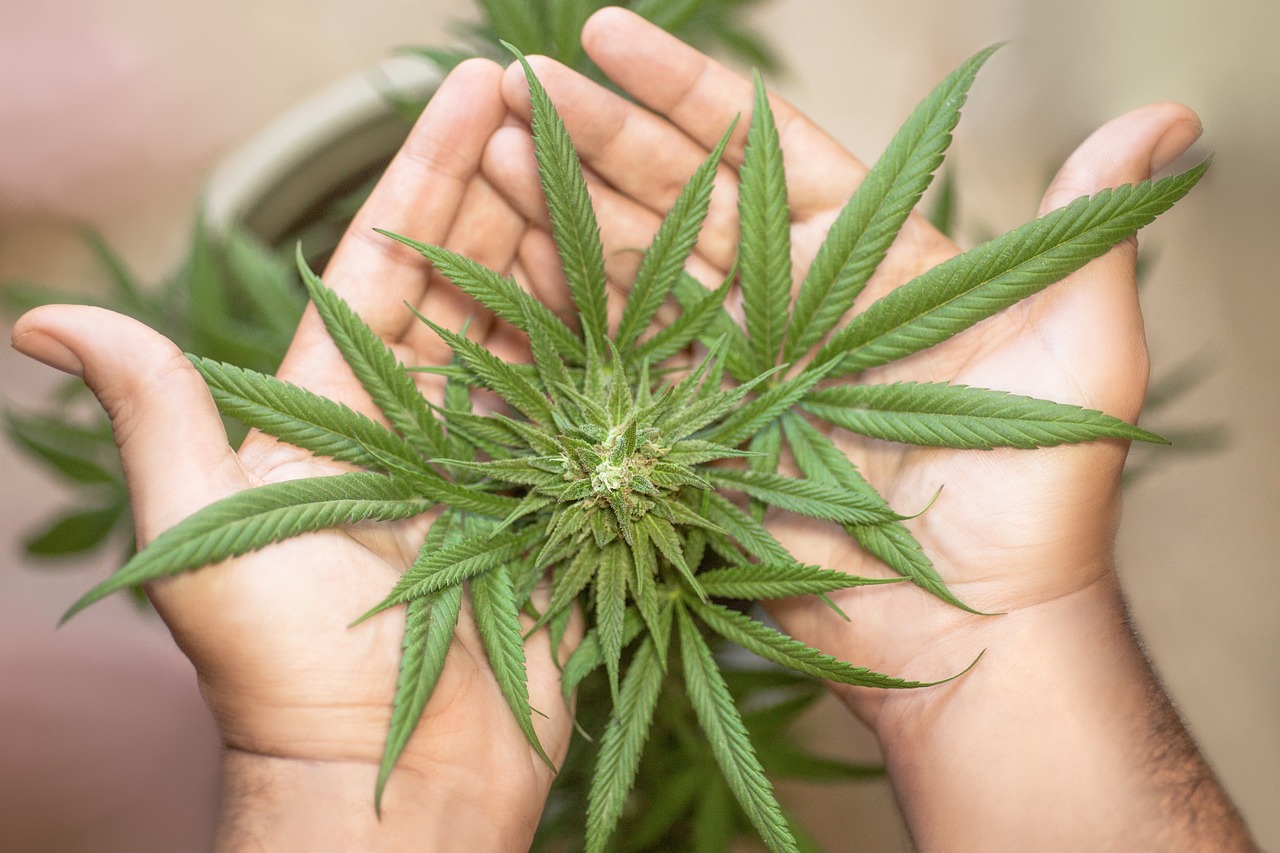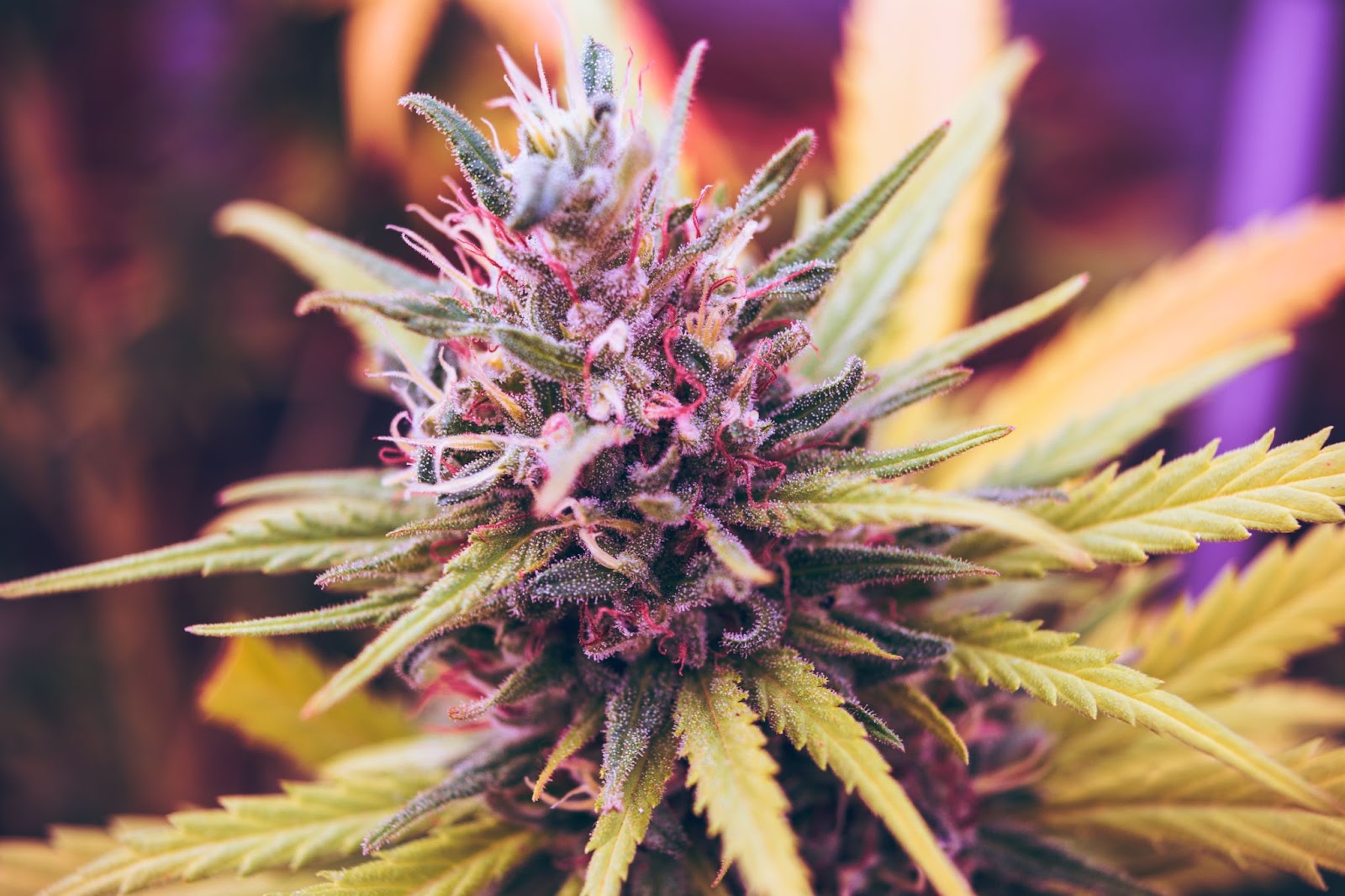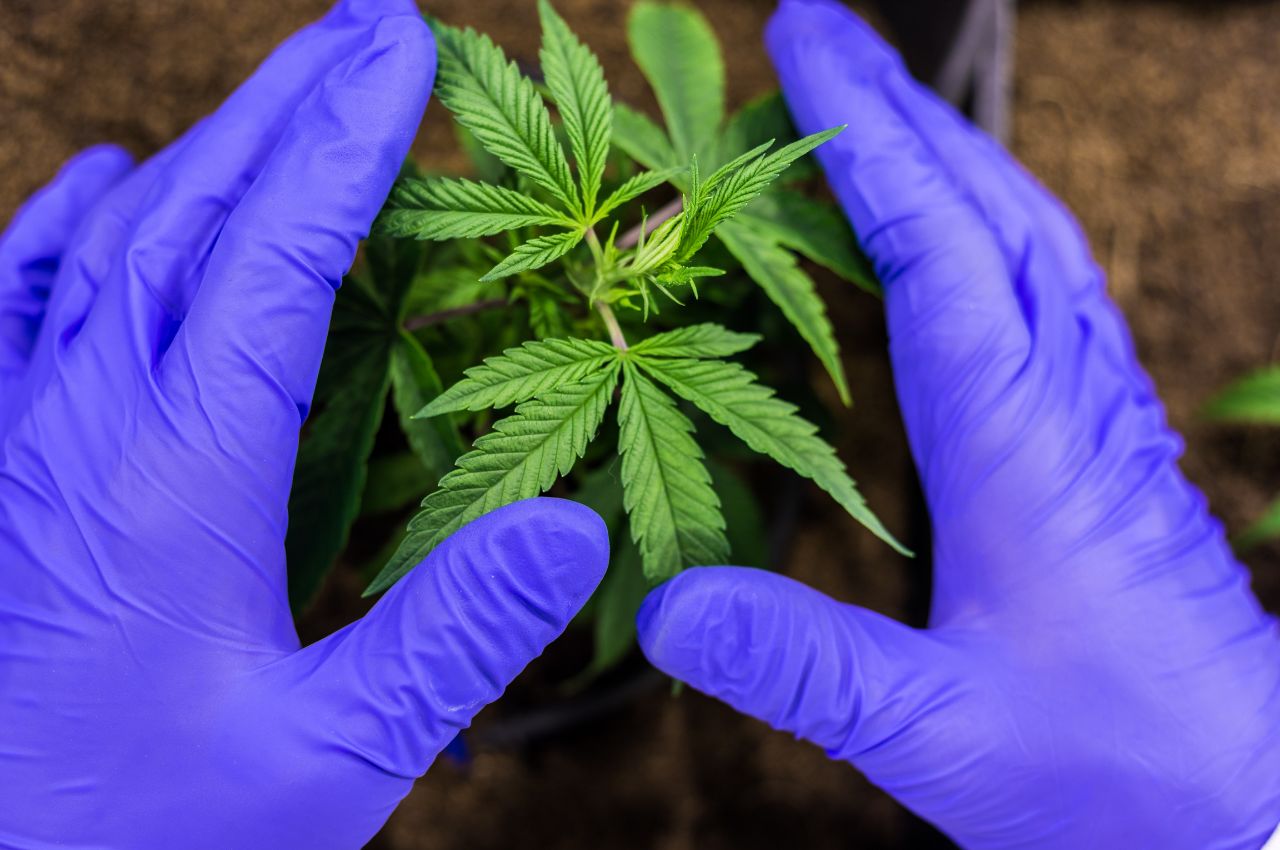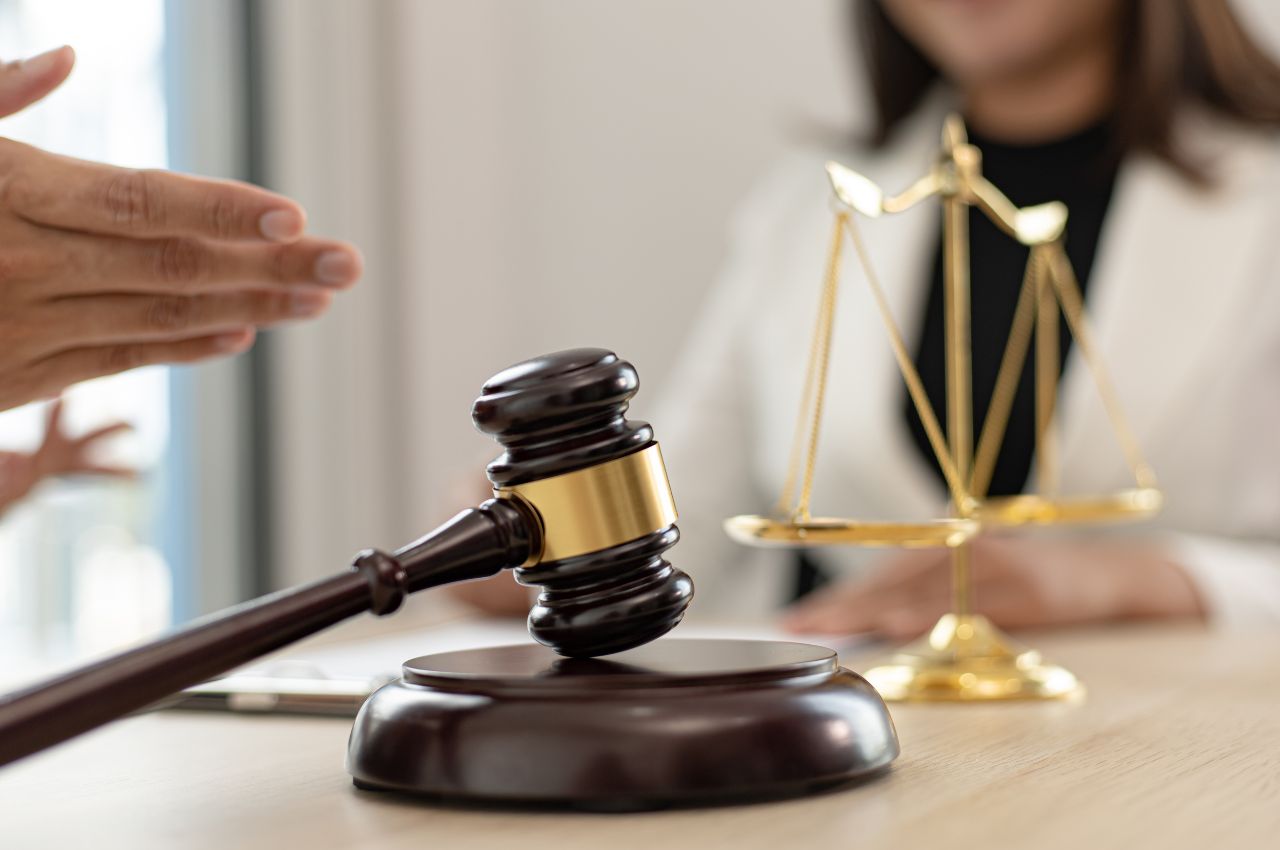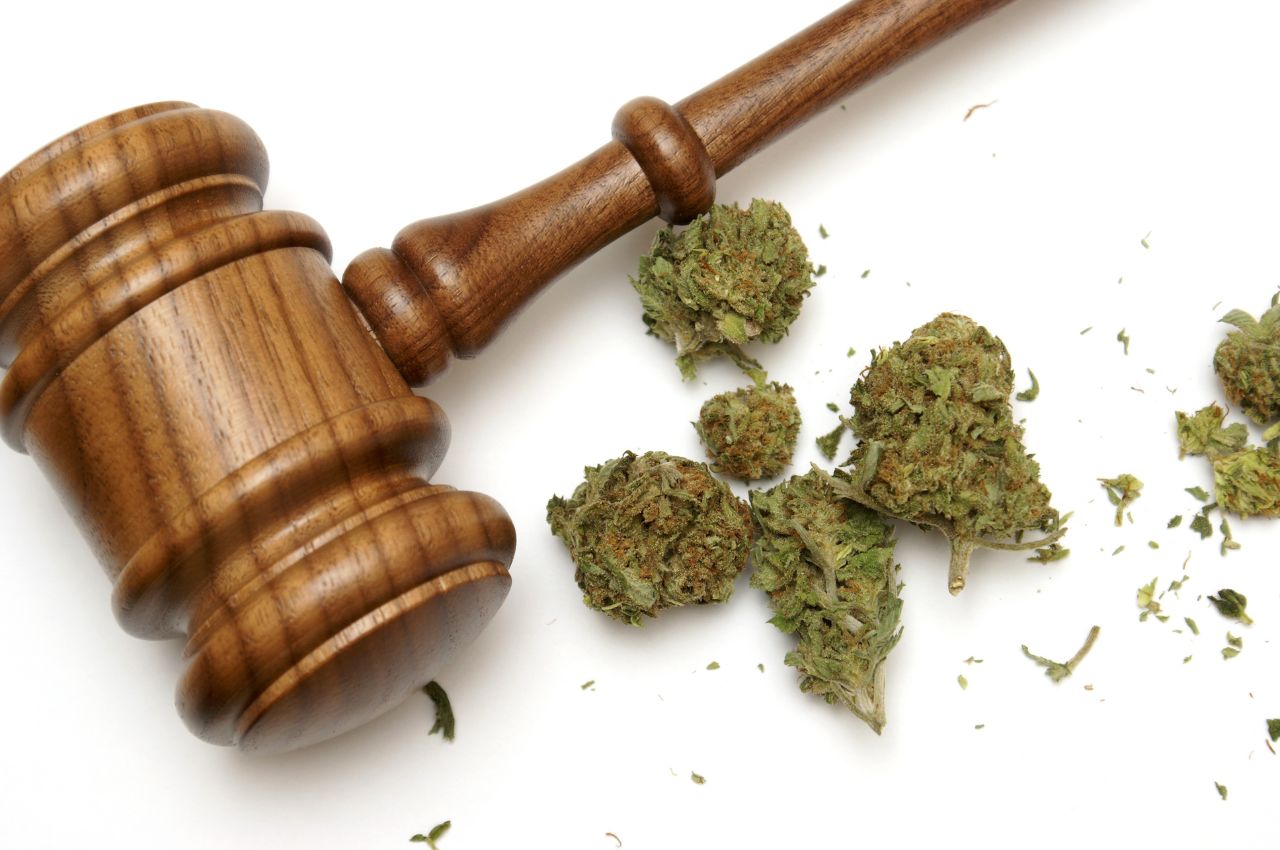New York is gearing up to issue a substantial number of new weed business licenses, marking a significant expansion in the state’s legal cannabis industry. Approximately 1,445 new licenses will be distributed in the upcoming weeks, with a considerable chunk, at least 500, earmarked for dispensaries. The move is part of the state’s initiative to broaden participation in the cannabis market, extending the opportunity beyond local hemp farmers and individuals with prior marijuana convictions.
The first cultivation licenses were awarded to local hemp farmers, and entrepreneurs with prior marijuana convictions were given priority for dispensary licenses under the Conditional Adult Use Retail Dispensary program. The scope has widened, allowing entrepreneurs, including large corporate players, to join the recreational market. It also provides a chance for individuals with underground cannabis operations, who didn’t meet specific requirements of the Conditional Adult Use Retail Dispensary program, to legitimize their businesses.
Despite the state issuing conditional licenses to over 200 farmers and 400 dispensary owners, bureaucratic challenges and legal setbacks have impeded the swift development of the legal cannabis industry. A recent lawsuit filed against the state Office of Cannabis Management could further contribute to delays. The slow progress is evident in the limited number of legal dispensaries, which, more than a year after the launch of New York’s legal recreational cannabis market, remain only a few dozen statewide.
In the forthcoming licensing round, the state gives preference to businesses that already hold leases or own the property where their cannabis operations will be situated. These licenses are expected to be awarded in January or February, following an earlier submission deadline for these businesses. The exact number of applicants in this round is yet to be determined. The Marijuana Regulation and Taxation Act of New York aims to allocate at least half of all cannabis licenses to social and economic equity applicants. These include individuals from communities disproportionately impacted by the war on drugs, minority- and women-owned businesses, distressed farmers, and service-disabled veterans.
Among the hopeful applicants is Ellexcion Ojo, formerly a dealer in East New York, aiming to launch a legal business named El Barrio Legacy Group. Despite initial barriers to qualifying for the Conditional Adult Use Retail Dispensary program, Ojo is optimistic and is applying for one of the 220 available licenses for microbusinesses. These businesses can grow small batches of cannabis, manufacture their products, and sell them at their dispensaries. Ojo sees this as an opportunity to control his brand, grow his products, and establish a cultivation operation in Westchester.
The state’s Cannabis Compliance Training and Mentorship Program has played a crucial role in offering comprehensive insights into the cannabis industry. However, challenges persist, especially for legacy operators—those who operate in the underground cannabis market. Kavita Pawria-Sanchez, CEO of CannaBronx, a group aiding communities affected by the war on drugs, notes that while many legacy operators apply for licenses, there’s skepticism about their success in the legal industry. Mistrust, bureaucratic hurdles, and legal delays have created obstacles for those trying to transition from the underground market.
The expansion of licenses signals a critical phase in the evolution of New York’s legal cannabis industry, offering new opportunities and challenges for a diverse range of participants.













